



|

|

|
|
2008/07, July 2008 Photofictional, A Daily Blog Posting By Bryan Costales
|
|
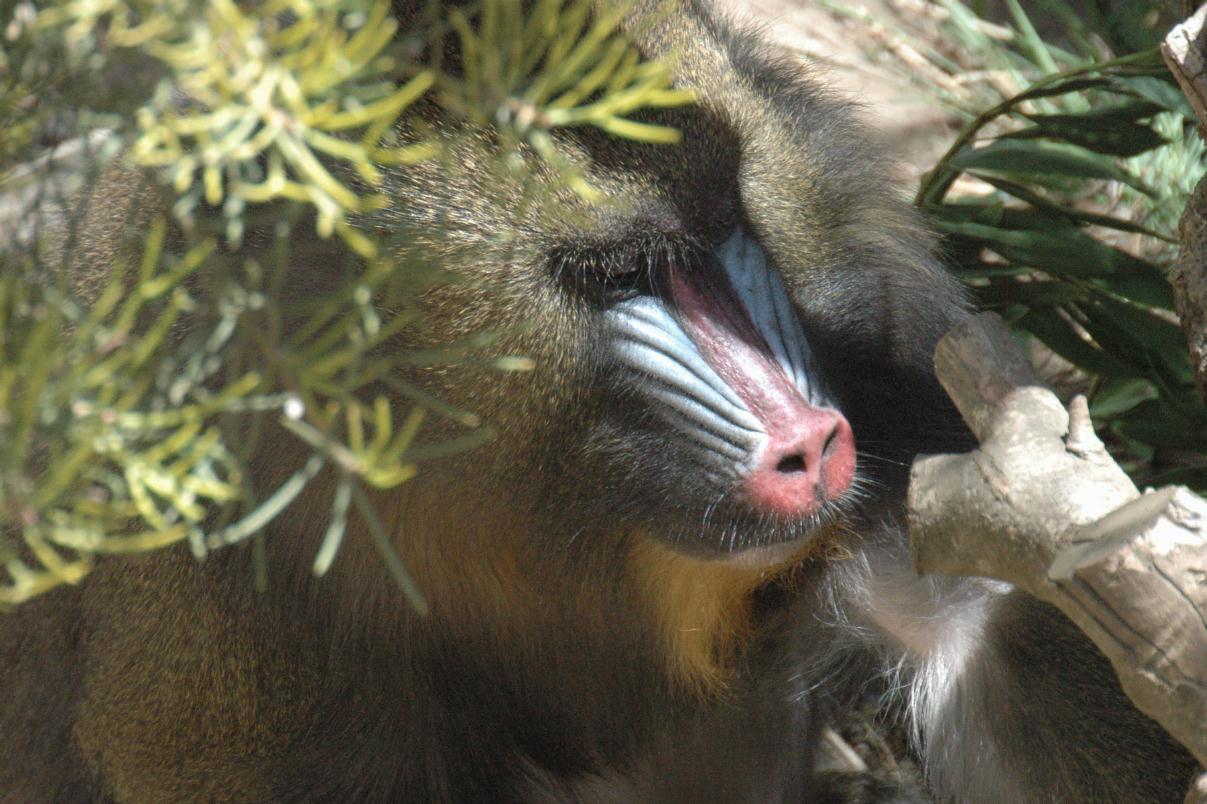 | |
|
Copyright 2008 Bryan Costales "Oh look," Rita Chillweather said. "A monkey." Rita worked as a waitress in IHOP. She'd barely wrangled the day off. "That's too vague," her slightly older brother John said. "It's a mandrill baboon. If you're not going to learn I don't know why you even bother." John was a tenured professor of literature at U.C. Berkeley. Their mother Linda, put her arms around both her children. "Now peace you two. You know we're here to enjoy the day and to remember your dad." "You're an ass," Rita said to John. John ignored her and instead spoke softly to his mom. "That was five years ago. Don't you think its time you got on with your life?" Linda squeezed his shoulder. "I still miss your dad." Rita squirmed out from under her mother's arm. "I'm going to find some peanuts to throw." John called after her, "Remember. They don't want anyone feeding the animals." "Let her go. She'll find out on her own." "I swear she and I must have had different dads." "No, don't talk that way. She's your sister. If anything were to happen to me you'd have to watch over her. You're her brother. Remember that." "Okay," John turned to face his mom. "But about you and Dad. Let him go Mom. It's time. It's been five years. Let him go." Linda stared at her son's chest. She couldn't meet his eyes. "I can't. Not yet. Soon maybe. But not yet." Rita returned. "A man gave me this piece of paper." Linda plucked it from her hand and read it. "This says you fed the animals." "Just a monkey." John chimed in, "I told you you're not supposed to feed the animals." Linda frowned at him. "Like duh." Linda looked at Rita, unhappy. "This is a ticket for $25. You've been fined." John took the ticket to read it for himself. Linda took Rita's hand. "Come on young woman. Its time we left the zoo." "But I'm hungry." "We'll eat outside the zoo." John looked up. "This isn't a fine, it's a warning." "Hush," his mother put her hand on his arm. "You'll learn. It may take a while, but you'll learn." 1 Zoo Lane, San Francisco Zoo • Photo Posted Saturday 26 July 2008 • (2008) San Francisco, California • © 2008 Terry Costales 
 #BP20080726.jpg Add a comment or report a mistake
|
|
|
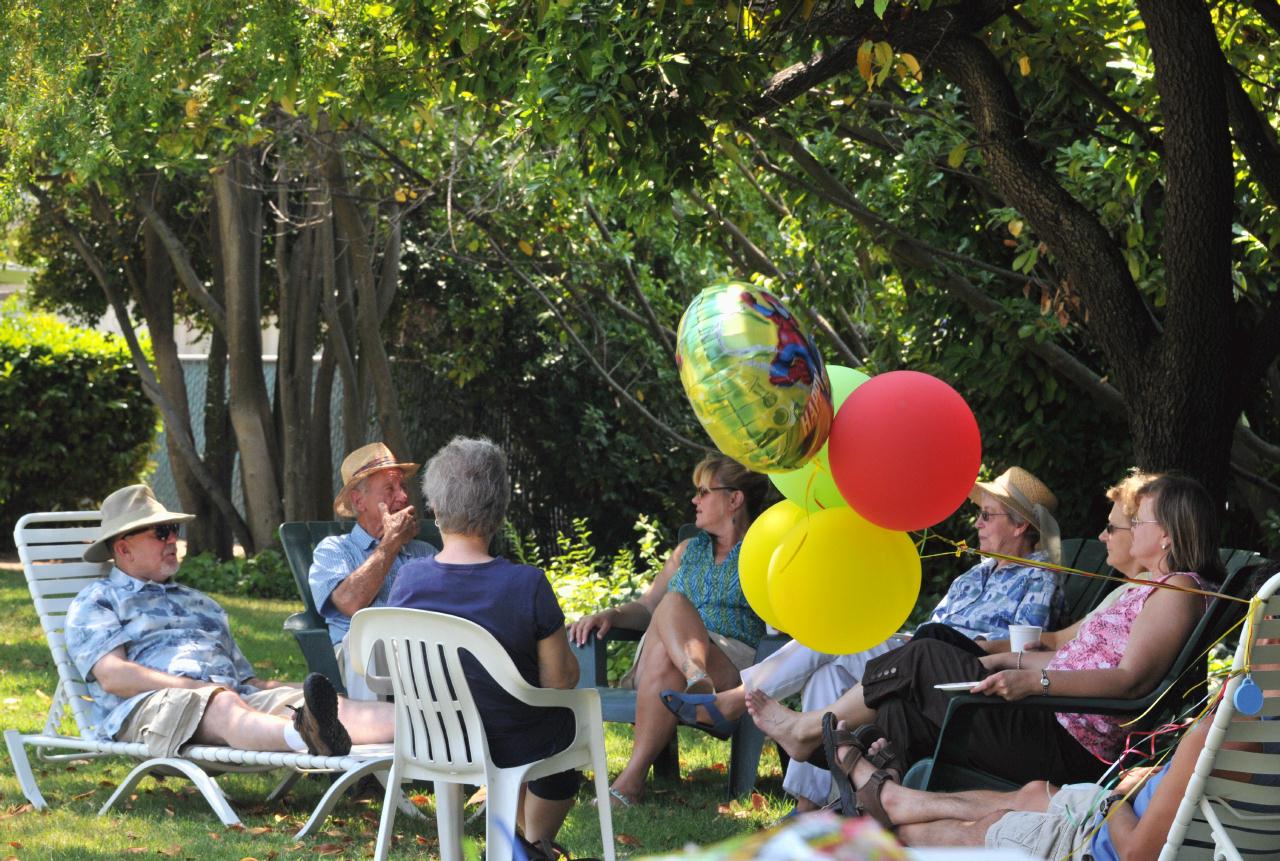 | |
|
Toby Johansen never thought he would become his father. He never believed he would become the same gruff old man that his father became. Never, he thought, not in a million years. His sister Dotty said, "Let's all move the chairs over there into the shade." Toby was surprised to hear the words come from his own mouth, "Sounds good. I suppose I'll have to carry chairs." The afternoon was hot. Kids played with loud gusto in the pool. A helicopter hovered somewhere in the distance. Toby sat in the new place in the shade. "Bout the same," he said. "I swear," Dotty said. "You're becoming more like Dad every day." Toby opened his mouth to speak then closed it without saying a word. He felt flabbergasted. Dad, Toby remembered, was a tough steel worker. His dad wasn't afraid to use the back of his hand against his son's face. His Dad knew how to yell to get his way. His dad was mean and a bully. Dad, Toby remembered, died sitting up in bed. His dad, in the end, was skinny as a fence post and pale as a ghost. His dad had smoked his entire life and died badly from lung cancer, wheezing into a fogged mask over his mouth. "I'm nothing like Dad," Toby said. "How can you say that? You're becoming his spitting image." "I never smoked." "Yeah. But you're gruff." "I never hit a kid. I never yell. I never bully." "Oh, never mind. You're missing the point." Toby remembered his Dad sitting at the breakfast table, his head bowed with a hangover. Toby remember his Mom lecturing his Dad over cold pancakes. "You're missing the point," she would say. In fact, that was the phrase she used most often. "Oh yeah," Toby said. "Well you're turning into Mom." "Wow," Dotty said. "That's the first nice thing you've said all day." Jonathan's 9th Birthday Party • Photo Posted Sunday 20 July 2008 
 #BP20080720.jpg Add a comment or report a mistake
|
|
|
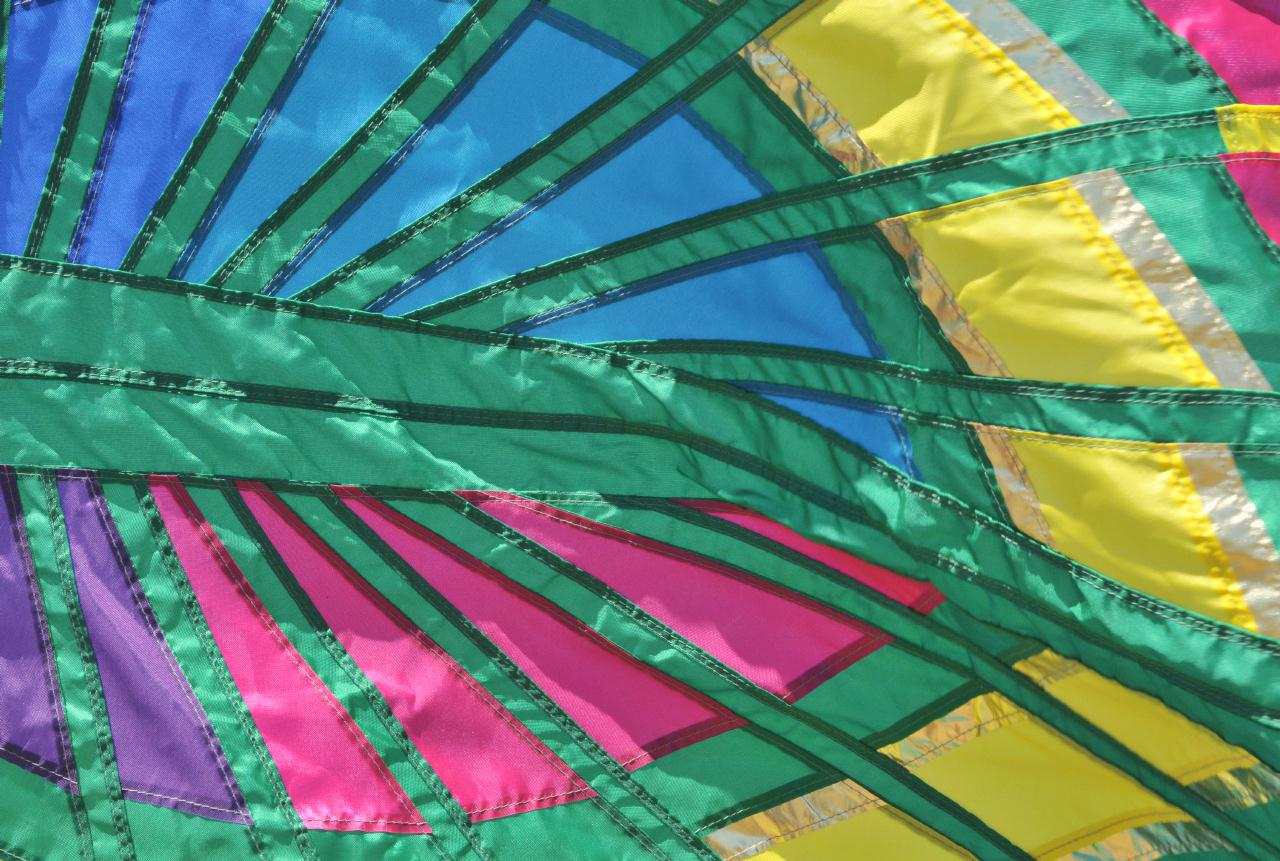 | |
|
Copyright 2008 Bryan Costales On weekdays other than Wednesday, Amos Rex would stand next to the banner just outside the kite shop and stretch. Once loose, he would jog for one hour before getting ready for work. On Wednesday, Amos would instead smoke his one weekly cigarette, then walk back upstairs and work on his novel for an hour. Today was Wednesday. Amos opened his box of Marlboros and pulled out his last cigarette. He made a mental note to buy another box and winced when he remembered the cost. He stuck the cigarette in between his lips and flicked his Bic lighter to light it. An unexpected gust of wind caused the banner to flap. It stung his face and knocked the cigarette out of his hand, causing it to tumble across the sidewalk. Amos looked around. The trees were dead still. In the distance a flag on a flagpole hung limply. He bent and peered around the banner, but nobody was there. "Damn," he said. Amos retrieved his cigarette, wiped it on his shirt then tried to light it again. This time a noticeable wind came up. The wind blew out the flame of his Bic. A blown paper bag struck him in the face and dislodged the cigarette again. Amos looked around. Again there was not a single sign of wind anywhere. "Double damn," he said and bent to pick up the cigarette. The cigarette firmly between his lips, Amos glanced left and right looking for signs of wind. Dead still. A voice spoke into his right ear. It was a soft but firm voice that could have been that of a man or a woman. The voice said, "You must be stupid." Amos spun in place but was alone on the sidewalk. He shrugged and said, "I must be losing it." He cupped his hands around the Bic to protect it from expected wind. He flicked on a flame and heard the rumble of thunder. He looked up and was surprised to see an anvil shaped thunderhead. Lightening danced from it. A howling wind buffeted him. Amos rotated so the wind was behind him and saw he was no longer in the city. He now stood on a gravel road that extended straight as far as he could see. On either side of the road were vast fields of dry wheat. "If I'm going to die here," Amos said. "I'll go out smoking." He lit his cigarette, but the cigarette burst into flames as if soaked in gasoline. He spit it out and slapped his face to keep the flames away. The cigarette landed in the wheat. With an explosive force that made him stumble backward, the wheat caught on fire. Ahead of him a tornado formed, dead square in the road and moved toward him. He turned to run but found a second tornado the other direction also moving toward him. Amos looked left and right but the wheat fields on both sides of him were on fire. Amos hesitated, unsure what to do. Something flapped against his face and caused him to blink. Just like that he was back on the sidewalk next to the kite store's banner, a cigarette clutched between his lips. Amos pulled the cigarette from his mouth and looked at it. "Damn," he said. He crumpled the cigarette and tossed it into the gutter. "I wonder what this means," he said to himself. "Should I jog now or go back upstairs and write. I don't need to smoke to write I guess, but when I don't smoke I run." The voice spoke again, and said, "You are stupid aren't you." "That doesn't help." "Write," said the voice. "Okay." Amos felt the Bic lighter still clutched in his hand. He looked around and spotted a garbage can twenty or so feet away. With a perfect three-point toss, he discarded the now-useless lighter. "Damn," Amos said. Then he trotted back up stairs to work on his novel. Berkeley Kite Festival, Caesar Chavez Park • Photo Posted Thursday 31 July 2008 • (26 July 2008) Berkeley, California • © 2008 Bryan Costales 
 #BP20080731.jpg Add a comment or report a mistake
|
|
|
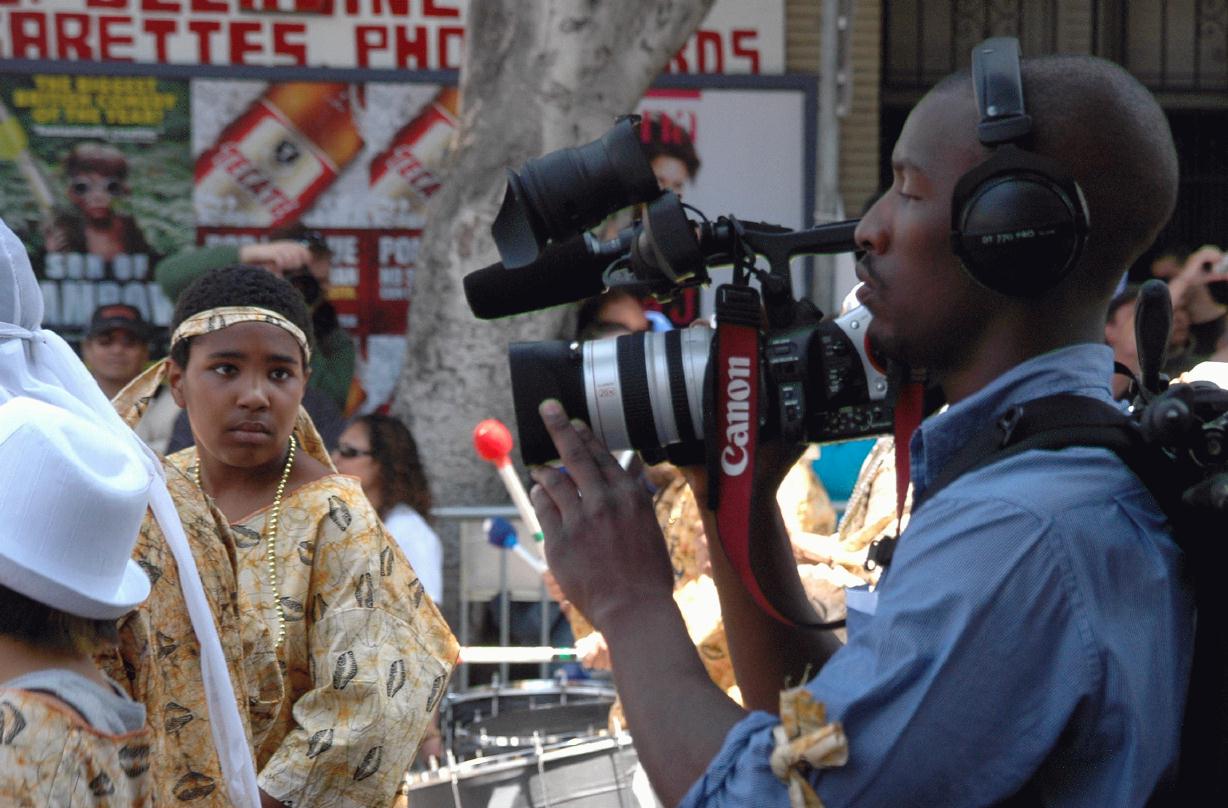 | |
|
Copyright 2008 Bryan Costales Tornado Umanta stopped and glared at her dad again. He was pissing her off. Every time she looked he was filming the other girls in the parade, and not filming her. "Dad," she called. "Film me." He waved his hand idly as if saying, "Be quiet. I'm shooting video." But kept the camera pointed elsewhere. Ever since her mom left, her dad seemed to have an eye for the other girls. That evening, her dad disappeared into his office to edit the video. She was sure he was featuring all the other girls in the parade. Tornado thought she'd cry herself to sleep, but fell asleep exhausted and slept like a rock. The next evening, after a fine dinner of spaghetti and meatballs, her dad invited everyone into the living room to view his video. Tornado was an only child whose mom left a year ago. So everyone was herself and her dad. Tornado brought in a big bag of pre-popped popcorn, sat and nodded to her dad for the show to begin. Tornado was amazed. In the first shot her dad showed the parade stretching away into the distance ahead. The camera zoomed in and panned to rest on Tornado smiling and waving to the crowds. Shot after shot began elsewhere then came to rest on her. Other girls dancing, then Tornado dancing. People drinking on a balcony and waving, then Tornado waving back. The entire 30 minute show seemed to be about Tornado. "Wow, Dad. You did shoot me after all." "Of course, Torni. What did you think I was doing?" Tornado wasn't sure how to answer. "Never mind. I really liked it. Can we watch it again?" Carnival Parade • Photo Posted Tuesday 29 July 2008 • (2008) 24th Street, San Francisco, California • © 2008 Terry Costales 
 #BP20080729.jpg Add a comment or report a mistake
|
|
|
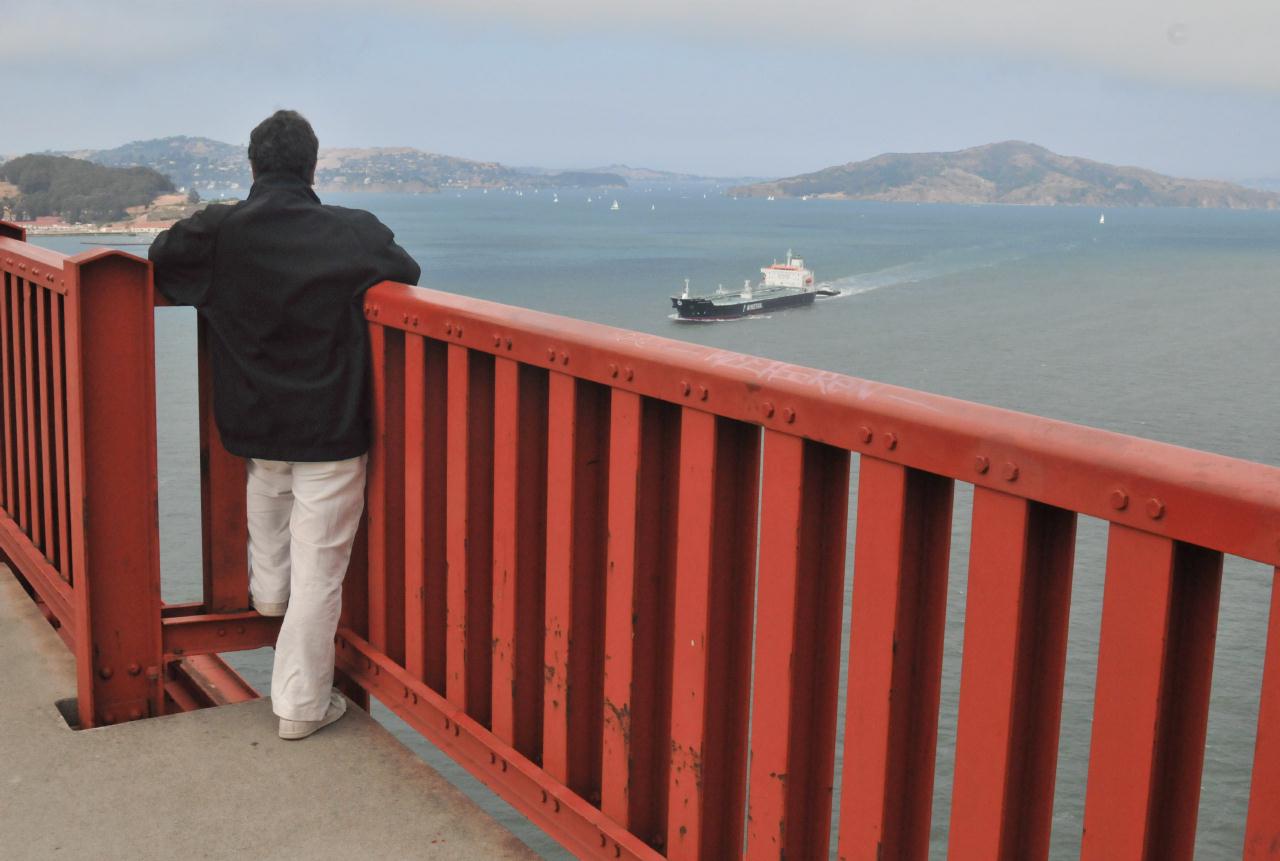 | |
|
"A tramp steamer," she had said. "I'll be leaving on a tramp steamer." Dan Bluex leaned on the cold metal railing of the Golden Gate bridge. He had walked out there every day for the last week to watch ships pass under the bridge. He kept his cellphone in his shirt pocket, close to this heart, set to vibrate should she call. "What do you mean?" he'd asked. "What's a tramp steamer?" "You shouldn't have to ask," she'd said and slammed the door shut. He'd listened to her run down the apartment house steps. When he'd opened the door she was gone. Dan had looked up "tramp steamer" on the web. The more he learned, the more confused he became. As near as he could determine "tramp steamer" was a metaphor for any form of cheap transport. "For all I know, she could be flying coach. Or heading south on a $10 Megabus." But Dan knew she was literal. Dan crossed his arms to stay warm. He watched yet-another ship pass under the bridge. He waved and waited for his phone to vibrate. His cellphone felt like a stone in his pocket. The fog burned off and the sun became too hot. A sixth ship had passed under. Dan decided to give up. Dan took off his coat and walked back toward the City. He walked back toward his still-empty home. Dan walked back past tourists. "Can you take my picture?" An old woman blocked his passage. She held a small silver camera in his face. "For my daughter," she said. "She lives in Iowa." "Sure," Dan said. His heart wasn't in it, but he could never turn down a polite request. The woman stood with San Francisco behind her and smiled. "Just press the little button on the top." Dan fumbled a bit but managed to take a picture. "There," he said and handed her back the camera. The woman looked up at him as if examining the inside of his head through his eyes. She reached out and touched his pocket. It was the pocket with his cellphone. "It's not a stone," she said. Then she smiled and shook her head in an odd way and walked past him as if nothing had happened. Dan turned and watched her disappear into the crowd of tourists. "Odd," he said. Dan pulled his cellphone from his shirt pocket. He flipped it open and looked at it. The phone was turned off. Dan pressed the on-button and waited. His service started. Dan saw he had voicemail. Tourists passing Dan that afternoon on the Golden Gate Bridge saw a happy, smiling man listening to his cellphone. Golden Gate Bridge • Photo Posted Wednesday 16 July 2008 • (29 June 2008) San Francisco/Marin, California • © 2008 Bryan Costales 
 #BP20080716.jpg Add a comment or report a mistake
|
|
|
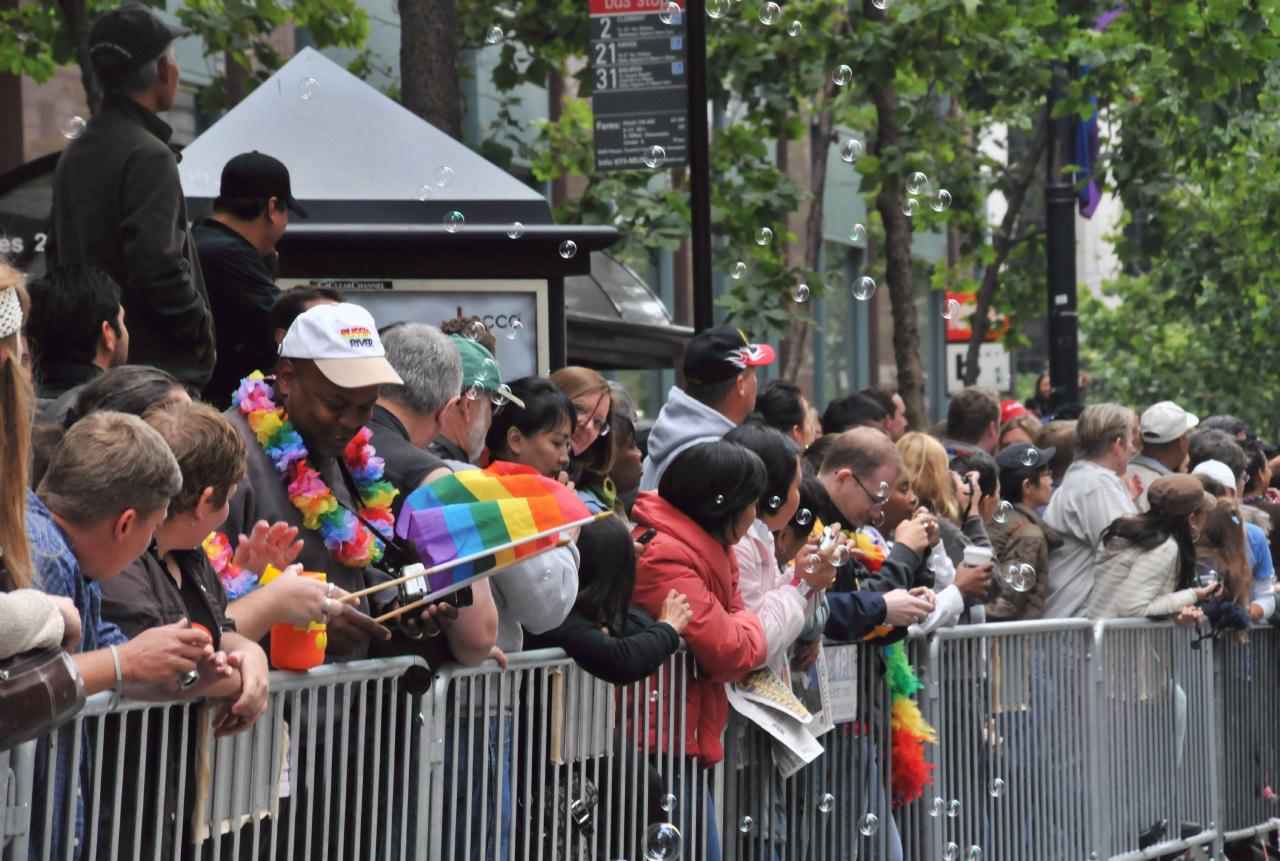 | |
|
Copyright 2008 Bryan Costales B'fatz Slowtooth threw the switch to begin the test. A large lens-like window appeared and the few representatives from The Counsel made a satisfying sound of awe. "When the other end develops, we should see the desert as it looked a few years ago. Yes, there. See the glow. It is almost ready." The Pride Parade had been dull for the most part, except for the cool bead necklace she wore. Tina Banoco held her mother's hand and peered through the metal bars. A few bubbles drifted by. "Look Mama," she said. "Bubbles." B'fatz adjusted knobs and levers and the scene slowly came into focus. "What's this," the Chief Councilman said. "That's not the desert. Who are all those people?" Tina tugged her mother's hand. "Look Mama," she said. "There's people in that bubble." Her mother said, "It's just a reflection dear." B'fatz was stunned. There were many people. And a parade. Nothing like that had existed for a thousand years. "There," he pointed into the lens-like window. "On that bit of paper. The date. It's 2008!" "It can't be," the Chief Councilman said. "That's twenty years before The Event. You can't possibly be seeing that far back in time." Tina tugged on her mother's hand. "Mama," she said and pointed. "That bubble isn't moving. It won't pop." "That's nice dear," her mother said and squeezed Tina's hand. B'fatz tried to change the point-of-view of the lens. But it seemed stuck. He looked up and noticed a young girl who appeared to be looking right at him. "That girl," the Chief Councilman said. "Is she seeing the future?" Tina said, "I'll pop it." She reached out through the bars and tried to poke the bubble. B'fatz noticed the Chief Councilman step up next to him. "If that girl is seeing the future," the Chief Councilman said to B'fatz. "She might change the future. You must stop this experiment at once." Tina poked the bubble. It felt hard like a ball. Inside she saw men clearly and they seemed to be looking right at her. They appeared to be talking. She poked again, harder. B'fatz sighed. "You're right of course," he said to the Chief Councilman. B'fatz pulled down a big switch. The power died. The lens showing the past vanished. Tina saw the bubble vanish. It didn't pop like a real bubble. It shrunk to a dot and vanished. It was an odd bubble. Tina tugged her mother's hand but didn't say anything. The bubble filled her mind with wonder. Years later, in the University, Tina studied advanced physics. She had always remembered that bubble at the parade when she was a young girl. The memory tickled a part of her thought process and triggered a line of research. Tina's research concluded in a new theory. The first test of that theory in 2028 was afterward called The Event by the few who survived it. Pride Parade, Market Street • Photo Posted Wednesday, July 09, 2008 • (29 June 2008) San Francisco, California • © 2008 Terry Costales 
 #BP20080709.jpg Add a comment or report a mistake
|
|
|
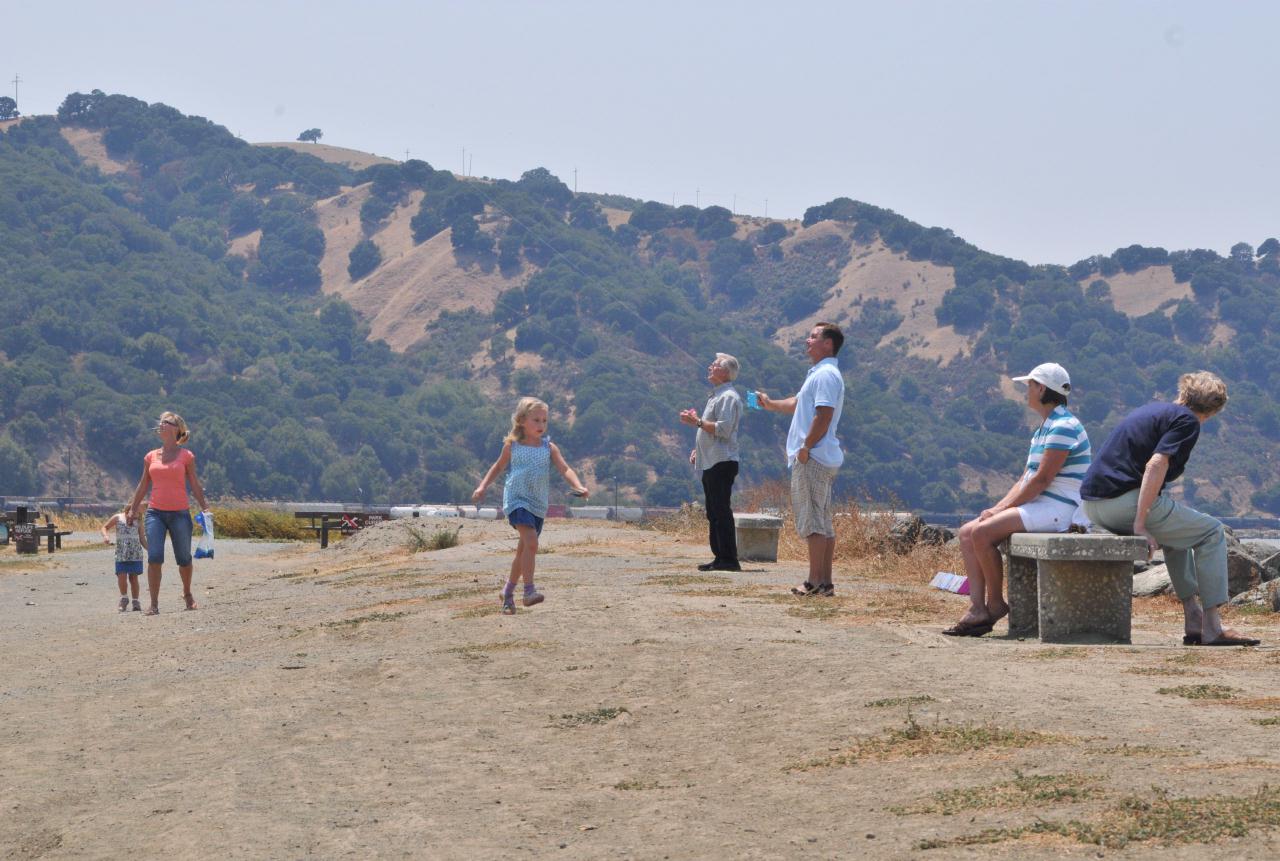 | |
|
Dotti Fernandez and Buzz Huffs had dated for almost a year. On outings and around town they developed the habit of serving as each other's chair back. On a bare sitting surface, one without a normal back, they would sit back to back, each providing their own back as a chair-like support for the other. Dotti was comfortable leaning against Buzz. She watched the kites being flown and enjoyed the quiet. Buzz, she felt, was content to watch the light surf and boats passing in the Straight. A young girl, perhaps eight or nine, approached Dotti and called out, "Buzz, Buzz." Dotti felt her chair back vanish as Buzz stood. Buzz greeted the girl by name, "Hi Sophie." As Dotti watched, Buzz hugged her then looked around. "Where's your mom?" Dotti remained still and silent. All of a sudden she felt like a third wheel in a drama that might have a bad ending. She watched Buzz carefully without looking directly at him. She hunched over because her chair back was gone. Sophie pointed at a woman walking up the beach. The woman had a much younger boy in tow. Buzz took Sophie's hand and together they trotted over to the woman. Dotti sat up straighter and tried to appear at ease. She watched Buzz and the woman talk in an animated fashion. They group hugged. Then the woman said something Dotti couldn't hear and they all hugged again and waved goodbye. The woman with her kids walked back down the path away from Dotti. Buzz watched them go as he strolled back to the bench. Dotti felt him sit and become her chair back again. Dotti sat stiffly. After a moment she managed to drum up a bit of courage and asked, "Who was that?" Dotti felt her back support vanish again. "Damn," Buzz said. "I'm an idiot. That's my sister and her kids. Damn." Dotti looked up and saw Buzz hit his head like in the V8 commercials. "Damn," he said again. "I should have introduced you." Dotti smiled and was about to say, "That's okay," when Buzz fled. Dotti watched Buzz run down the path yelling, "Wait. Wait." Dotti felt foolish and relieved. Then she felt herself hunch over again. She missed her chair back and wanted him to hurry. Photo Posted Wednesday 23 July 2008 • (6 July 2008) Martinez, California • © 2008 Bryan Costales 
 #BP20080723.jpg Add a comment or report a mistake
|
|
|
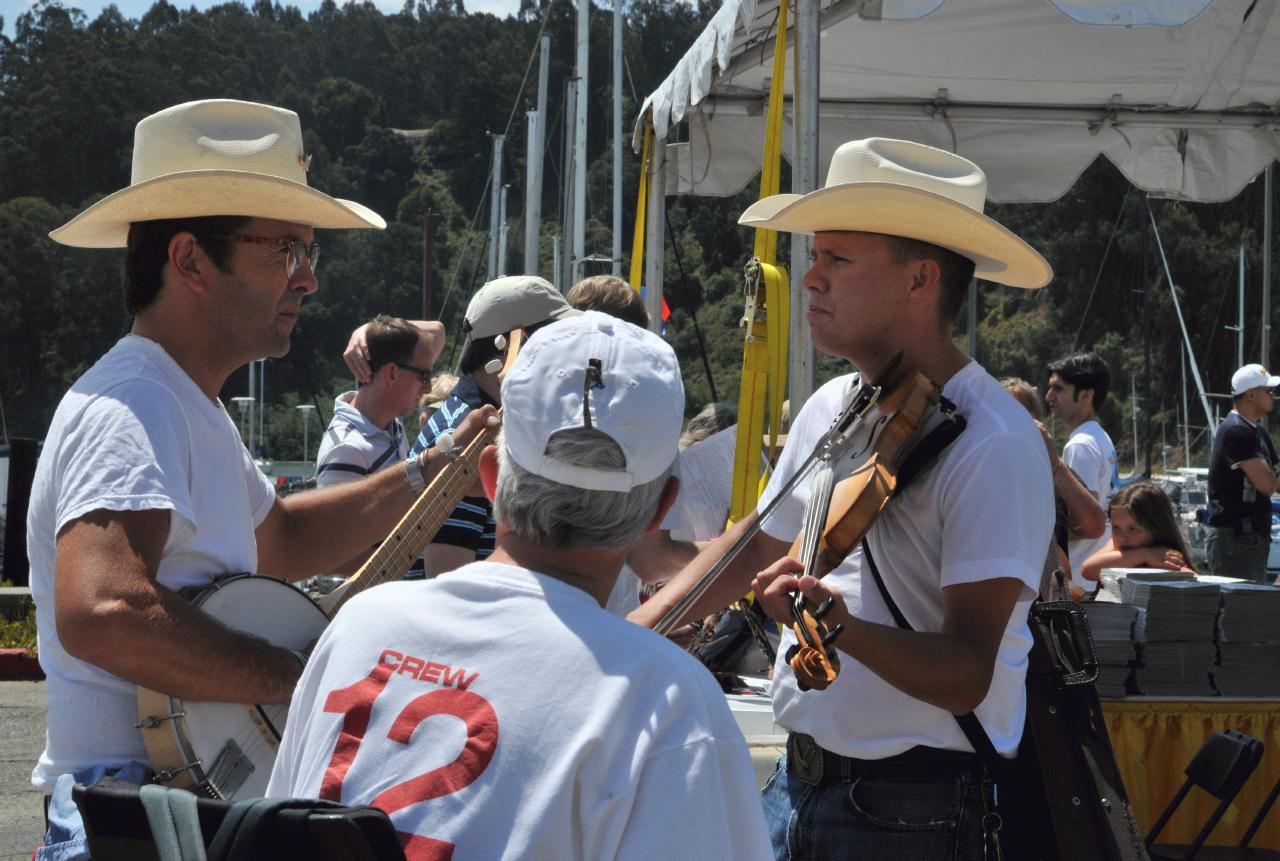 | |
|
Henry Zwolf was certain the two musicians would dual. Henry was not a great judge of character, nor was he prone to say much at all. Henry found the easy road through life to be that of a listener. "C," said the musician on his left. "C," said the musician on his right. That musician played a note then turned a peg on the neck of his violin. The musicians began to play. It was a tune Henry didn't recognize. The music drew a crowd. A man next to Henry bumped him and said, "Nice, huh?" Henry ignored the question. Henry tended to ignore all questions. But the man bumped him again. "Nice music, huh?" Henry glanced right at the man. The man smiled. "The playing, I mean. Nice, huh?" Henry just smiled and nodded. He turned his attention back to the musicians. The musician with the banjo stopped playing, then the violin stopped. The banjo player peered into the tent a ways off and said, "We're next." Then they began to play again. Henry recognized this next tune. He didn't know the words or what it was called. But he'd heard it before somewhere. The musicians played half a tune. Then they stopped because a man wearing a Tilley hat walked up to them and said, "You're up." Henry, consumed by the music, spoke a rare word. He said, "Nice." The man next to Henry bumped him again. Henry looked. The man smiled. "Yeah, nice." The banjo player said, "Thanks." The two musicians walked away together toward the tent to perform. Spring Sailstice Fair • Photo Posted Saturday, July 05, 2008 • (21 June 2008) Treasure Island, San Francisco • © 2008 Bryan Costales 
 #BP20080705.jpg Add a comment or report a mistake
|
|
|
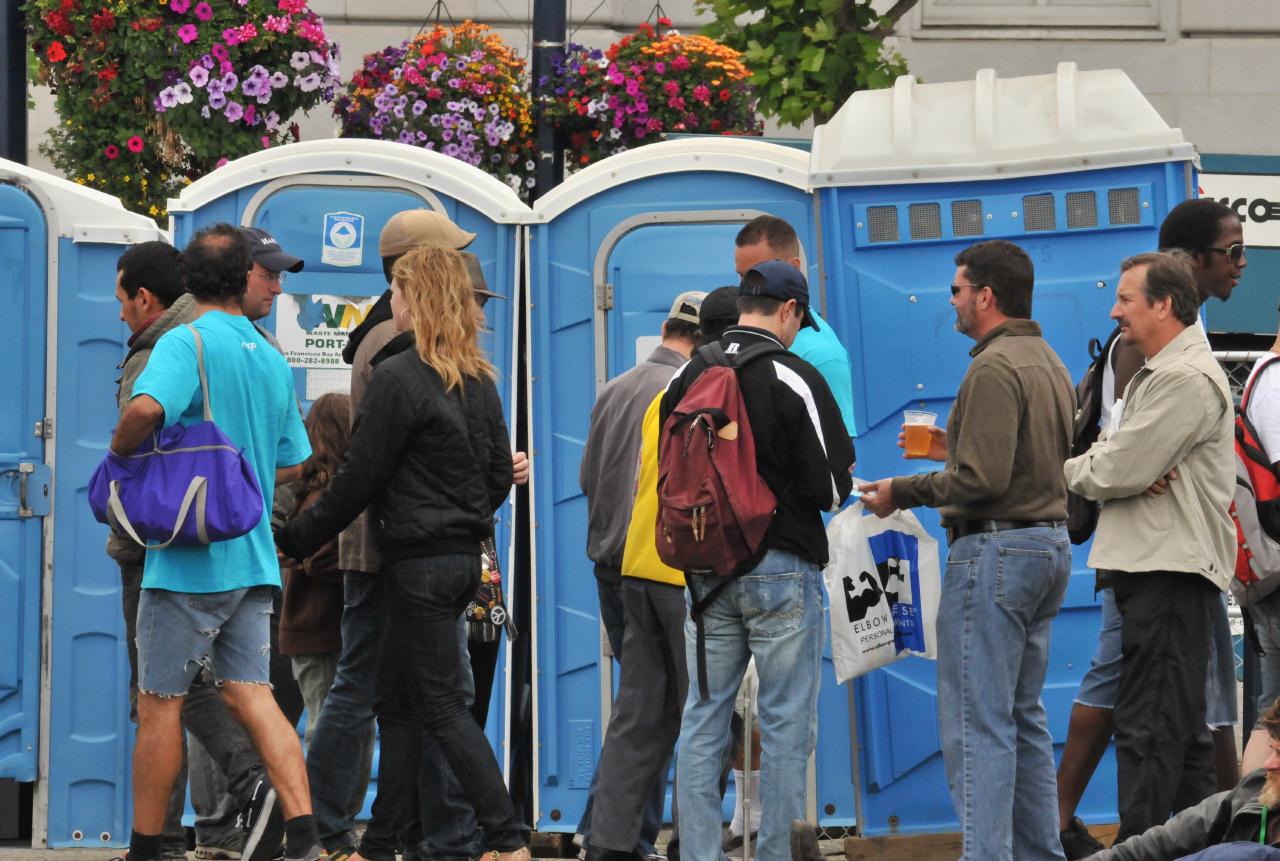 | |
|
Al O'Wishus celebrated his sixtieth birthday by attending the fair. "Good beer," he said. "And free too." Ben Tripps accompanied Al because he liked the old coot. Ben was a strapping young man in his mid fifties. "Funny," he said. "How they think fifty-five is old." The pair were sitting in the shade, in chairs, in a fenced off section labeled "Elderly Rest Area for those 55 and older." Al pulled a pink bandana from his pocket and wiped the sweat from his forehead. "This beer may be free but, I swear, it runs through me like water." "Good thing they have lots of those porta potties." Al stuffed the bandana into the back pocket of his jeans and stood. "Well, I'm off to drain the monster," he said. "And I'll bring back two more of those free beers." "I'll walk with you." Ben stood and adjusted his baseball hat to better shade his eyes. "I wonder what the chemical is," Al mused as they walked. "That they put in the beer to keep you from getting too drunk?" "Clever those Chinese." "Actually I think it's German." A loud boom made the pair stop and look around. "There," Al said. He pointed at the long line of blue porta potties. A second loud boom. One of the porta potties leaped into the air atop a brown geyser of ugly liquid. "Wow," Ben said. "That one must have jumped eight feet easy." The lines of folks waiting to use the porta potties disintegrated and ran. A third boom. This time a porta potty was thrown twenty feet into the air. Ben took Al's arm and turned him. They walked away from the exploding porta potties and toward the exit and, beyond that, a MUNI trolly home. "That chemical?" Ben asked. "What about it?" "Do you suppose it will effect our toilet at home?" Al paused and moved as if sensing how badly he had to pee. "Frankly," he said at last. "I don't give a damn." Pride Fair, Civic Center • Photo Posted Friday 18 July 2008 • (28 June 2008) San Francisco, California • © 2008 Bryan Costales 
 #BP20080718.jpg Add a comment or report a mistake
|
|
|
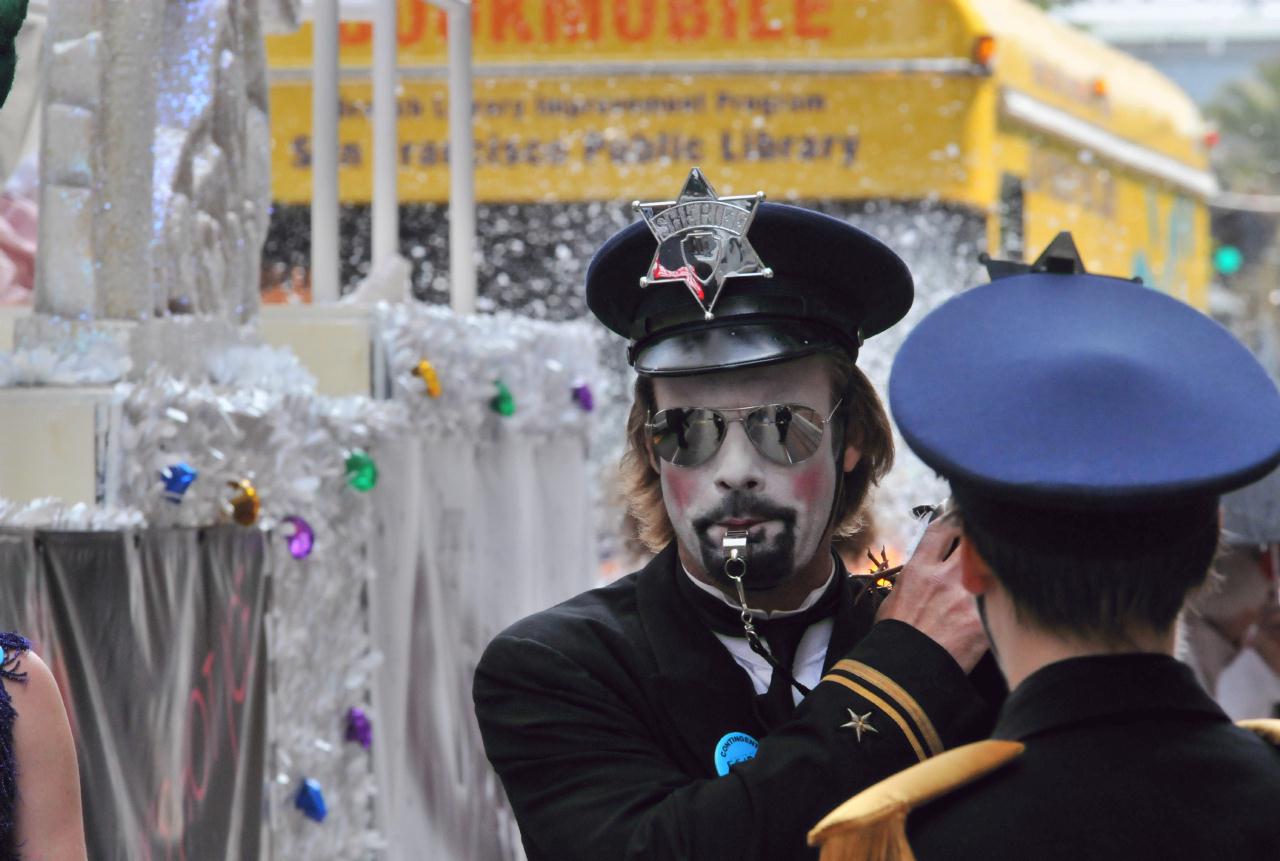 | |
|
Gloria Waxman held baby Jill in her arms. They wore soft white cotton robes and stood inside a glass-walled booth. The booth was about twice the size of a telephone booth. Above her face, inside the booth, a clock quickly counted down from ten seconds. Through the glass, Gloria watched calm technicians, their faces lit by computer screens. A man in a suit entered the room. He appeared to be yelling. He ran across the floor past Gloria in the booth and into an office at the far end. The technicians appeared unsure. The clock in her booth reached zero. Gloria woke up at home in her own room. She rolled over and stretched. Jill was asleep in her crib. Gloria sat up. She frowned. Gloria remembered the trip. She remembered the bus and the gate and the booth. She remembered it all but was back at home in bed. "What day is this?" she asked. She felt she'd better get up soon and find out what just happened. The science was not mature. The theory was that she would be sent to a parallel Earth. The theory was nearly correct. Gloria and Jill had been sent to parallel Earths all right. But not to just one. An infinite number of Glorias and an infinite number of Jills had been created and each sent to a different parallel Earth. Mother and daughter had been copied and shot out, like buckshot. On one Earth, Gloria found herself on the sidelines of a parade. The crowd around her was made up of artificial humans. The people marching in the parade were artificial too. An artificial policeman approached her and demanded she remove her head for identification. When she refused, he removed it for her. On another Earth, Gloria found herself in a broad wide valley. The day was warm and birds sang. She walked to the bottom of the hill and found a stream. "A deserted Earth, just like they said," she cooed to Jill. On another Earth, Gloria found herself in the middle of a huge city. The city was so huge she couldn't see the top. It just vanished in the distance up into the sky. She was on a moving sidewalk. She couldn't tell how it moved. A bubble floated next to her. "Good morning," the bubble said. "Where do you wish to go today?" In her original Earth, Gloria went into the living room and turned on the TV. She wondered if maybe something would be in the news. She kept the volume low because her parents liked to sleep in. Her dad appeared in the doorway, his hair akimbo, wearing a brown robe. "What are you doing here?" he asked. "I thought you volunteered and left on the bus? Were you here when I called you?" "No, Dad. I actually left. I actually got sent to another Earth. But somehow I ended up here." "I'm glad you didn't go." "Thanks Dad. But I did go." "You're Mom's not up so I can fix you coffee. You want some?" "Yeah Dad. Thanks." The only story on the TV was a brief piece saying that the volunteer program had been suspended. Technical problems they said. "Technical problem, my foot," Gloria said. From the other room Gloria heard Jill wake up. CUE Velocity Circus, Pride Fair, Market Street • Photo Posted Saturday, July 12, 2008 • (29 June 2008) San Francisco, California • © 2008 Bryan Costales 
 #BP20080712.jpg Add a comment or report a mistake
|
|
|
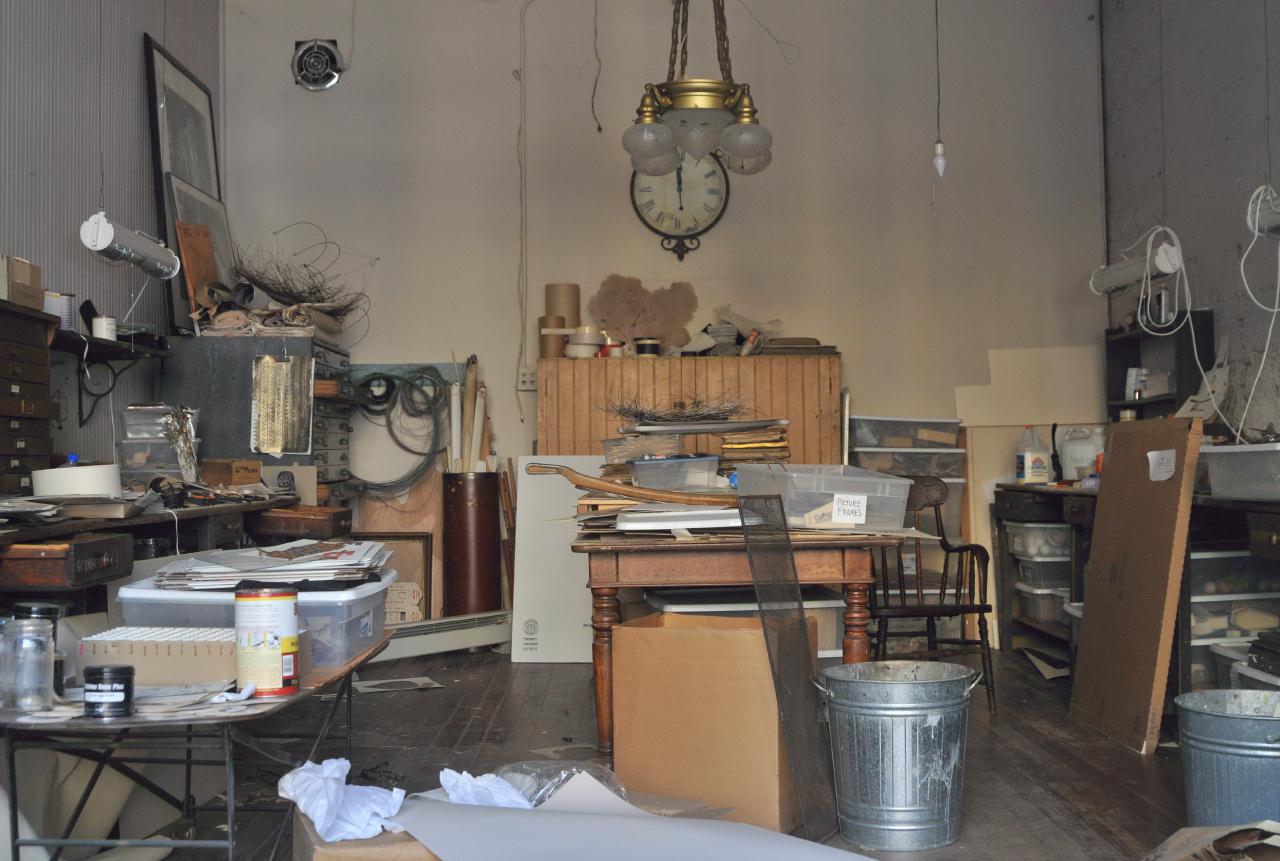 | |
|
Bertha Twingle twisted the key in the lock. With a hard clack, the door unlocked. She swung the door inward and said, "This is an art studio. It's occupied, of course, but I just wanted to give you the flavor of this building." Truman Dentermon shifted his camera to avoid bumping it and stepped inside. "It's dusty," he said. "Doesn't anybody work here?" "Don't touch anything. I wouldn't want him to know we were here." Bertha gestured at the walls. "You have to admit, though, this would make a great place to show your photos." "Is the current occupant planning to move out?" "No. He hasn't been here for over six months, but still sends in a check. Regular as rain water. But, like I said, I just wanted to give you the flavor." "That guy must be rich. To leave the place unused like this, but with all his stuff around and just getting dusty." Truman ran his finger along a table top and looked at his dusty finger tip. "Oh, no. I asked you not to touch anything." "What's the harm?" Bertha crossed her arms. "It's like my mom," she said. "My dad was a fisherman on a big ship. He would be gone for weeks at a time. But when he came home he expected nothing to have changed. It got so bad after a time it drove my mom crazy. If she wore a yellow dress and white shoes to say goodbye. Two weeks later she'd have to greet him on his return wearing the same yellow dress and same white shoes." "But people aren't like a room." "Maybe women are." Truman lifted his camera and took a shot of the room. "Leave nothing and take only photos," he said. "The camping motto. Seems right here too." Truman leaned and took a photo of his finger mark in the dust. "We should go," Bertha said. "I still have four other places to show you. And they're all for rent." Bertha closed the door and locked it. Truman hung his camera from his shoulder again. "Why did you say a room was like a woman." "Did I? Gosh, maybe I did. Well I don't know. Maybe you running your finger through the dust reminded me of my mom. That's all. Nothing more than that. "The Heisenberg Principle," Truman said. "Is that another camping motto?" "No. Never mind. Let's go see those other places." Photo Posted Thursday 17 July 2008 
 #BP20080717.jpg Add a comment or report a mistake
|
|
|
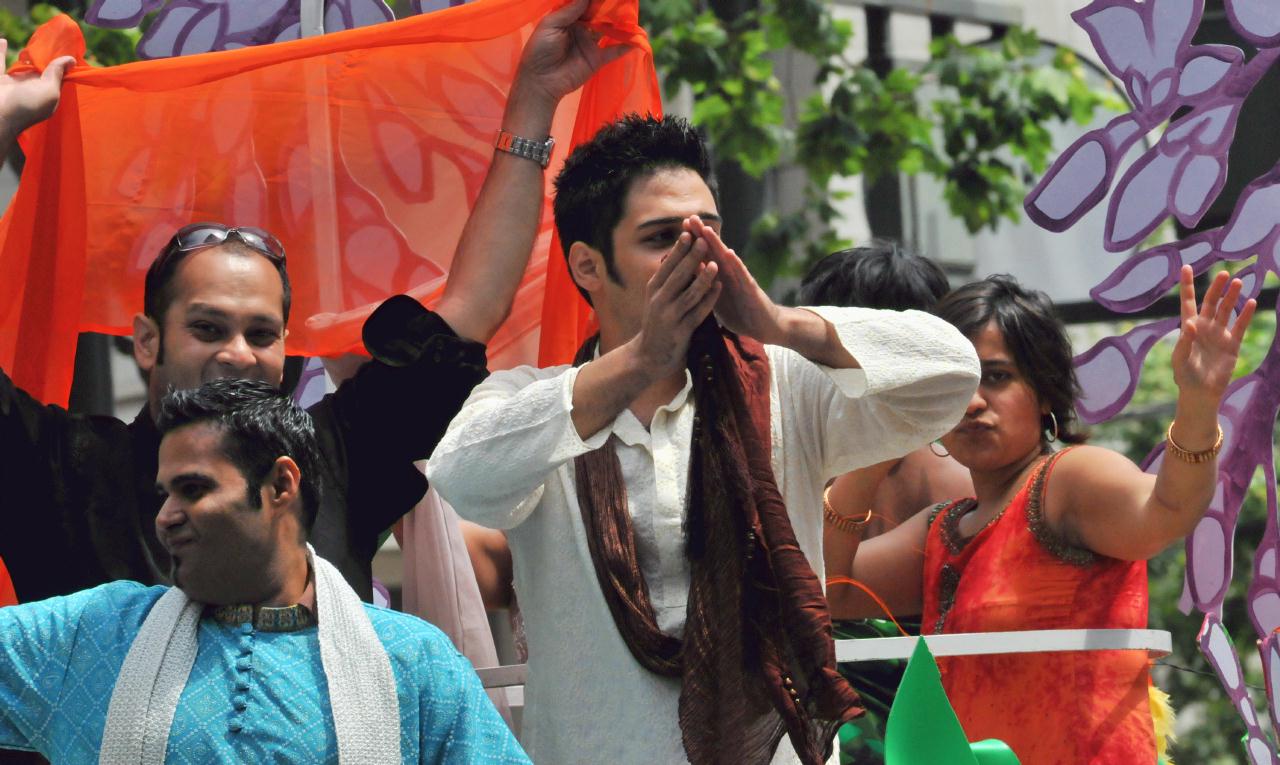 | |
|
The night before had been brutal. Ranji Kappon kept joining his hands as if blessing the crowds, but really he was still a bit sick. Ranji had walked down Irving toward the open-open corner store on 19th Avenue. It was just a bit after eleven at night, and he'd just finished watching his latest batch of Netflix DVDs. He pulled open the door to the store and a boy in a long coat pushed out ahead of him. They brushed and Ranji heard something tinkle to the sidewalk. As the boy hustled away, Ranji nudged something shiny with his toe. It was a syringe. Ranji looked up at the departing boy. The boy paused before turning the corner. He smiled at Ranji and gave him a thumbs up. The he turned the corner and was gone. Ranji gingerly picked up the syringe and carried it into the store. "Hi," he said to the man behind the counter. "I found this syringe just outside your door. You have someplace I can throw it away?" The man was old with a full white beard, and wore a turban. "Sure," he said. "That happens so much around here I got one of those Hazardous Waste boxes from the Container Store." The man held out a hand to take it. Ranji noticed the man wore latex gloves. Ranji set the syringe gently on the man's outstretched hand and asked, "Where's your cheese." "At the back, next to the butter." Ranji bought individually wrapped cheese slices and a small box of wheat crackers. He snacked while he walked home. An hour later, Ranji stood on his front steps wearing only underpants and a t-shirt. He could swear the air was breathable water through which he could swim. The sidewalk was a raging river running downhill past his house. A band played loudly just behind his ears. He smelled the ocean, and seaweed. "Last night was brutal," he said as he rode the float in the parade the next morning. "I think somebody spiked the cheese. I bet it was the boy in the coat." The float eased to a stop. The motion caused a tingle to run up Ranji's arm. He felt bubbles erupting from his finger tips. His head felt like it was trying to inflate. Then he was back on the float again, normal. "Yes," he said. "Last night was brutal." "You, okay?" asked the man next to him. "No," Ranji said. "But I'll live. Maybe." Trikone, Pride Parade, Market Street • Photo Posted Sunday, July 13, 2008 • (29 June 2008) San Francisco, California • © 2008 Bryan Costales 
 #BP20080713.jpg Add a comment or report a mistake
|
|
|
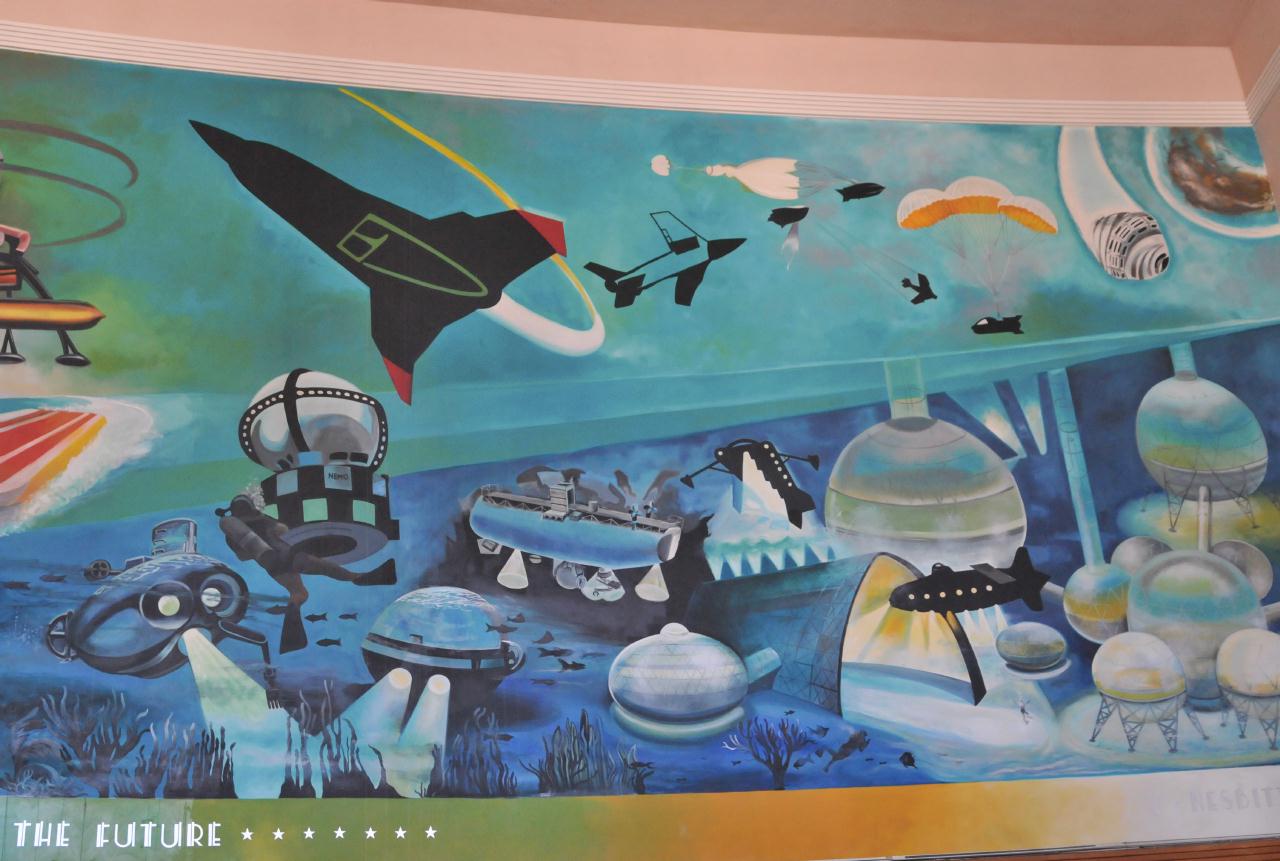 | |
|
"The leasing office is this way," Nancy Sofram said to her son Danny. She and her husband Phil, their son between them, entered the huge old Administration Building. Danny tugged on Nancy's hand and pointed up. "Look," he said. "Paintings on the wall." They paused in the huge empty room. Nancy looked around and spotted a tiny "Leasing Office" sign at the far end. "It's this way." "Wait a second," Phil placed his hand on his wife's arm, restraining her. "Look there at the right, just after 1975." Nancy looked a the old mural. It seemed to her crude but brightly colored. Like most old government paintings, it lacked spark. "You mean, where it says 'The Future'?" "Yeah. That's now." "What do you mean? The future's, well, the future. You know, next year." Phil gestured with his hand. "This mural was finished in 1975. See, that's the last date. So when they drew the part labeled 'The Future' they surely meant thirty-three years after 1975. Or now." "So that's what the Navy's like now?" "Well no. Not a lot. I mean the picture looks like science fiction. Even today." "So it's not our future? Not yet?" Danny tugged on Nancy's hand. "Can we go?" "Sure honey. I think your father's done." Danny shrugged. "Yeah, I'm done." Together, all holding hands, they continued around the curved room to the Leasing Office at the far end. Murals, Old Administration Building • Photo Posted Friday, July 04, 2008 
 #BP20080704.jpg Add a comment or report a mistake
|
|
|
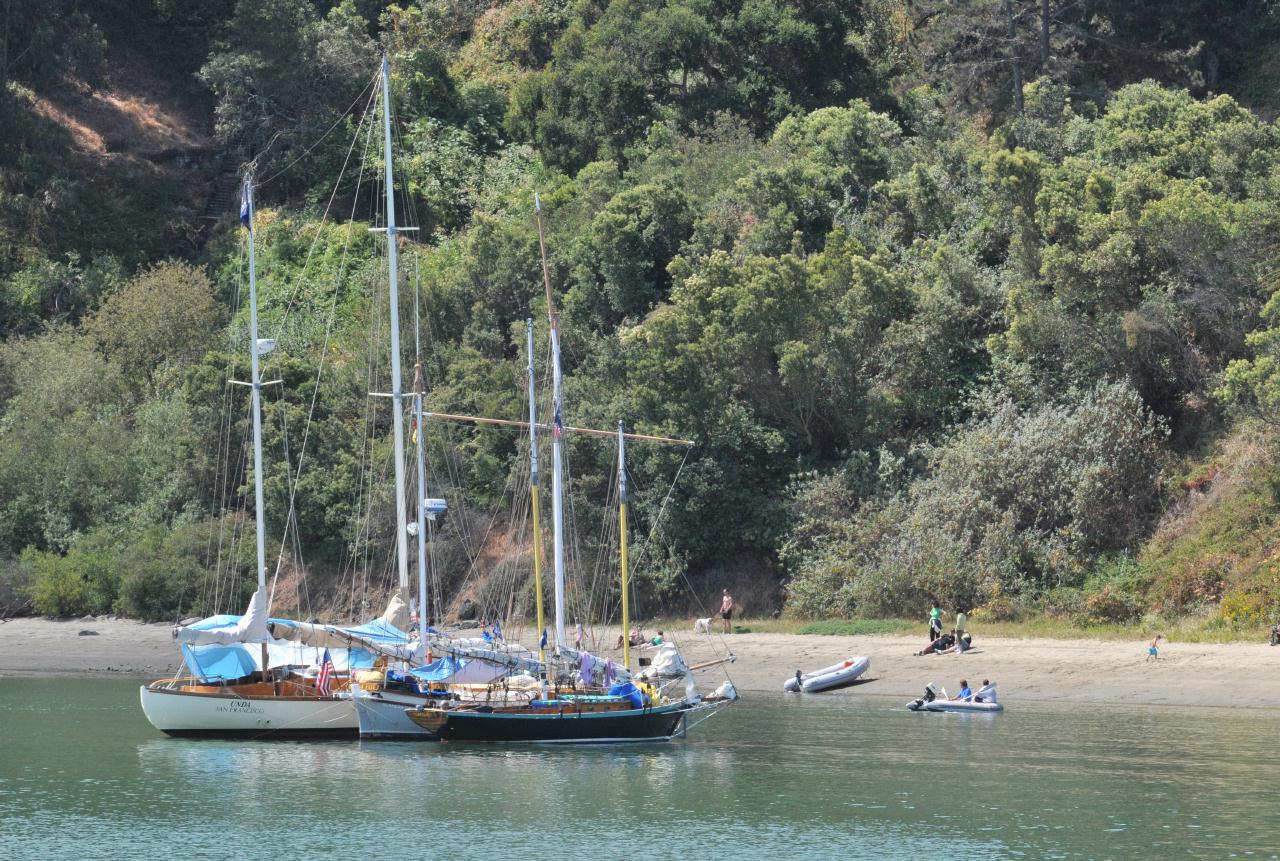 | |
|
"Thank the god's, sunlight at long last." Walking Feet didn't actually say those words, he thought them. Walking Feet was a package of bones, long ago wrapped in many layers of leather and buried. When Walking Feet was a young boy, his uncle took him to see an old man in the hills. The old man touched Walking Feet on his temples, the soles of his feet, and the backs of his hands. Then he said, "You will live forever. But, the you that is you, and you will go different ways." Walking Feet remembered that day. Then his vision changed. As quickly as a blink he was looking out through eyes that were not his own. He looked out at a hand that tried to pull leather free from the sand. It was a child's hand. "Leave that yucky thing alone, dear," a woman's voice spoke. Walking Feet didn't recognize the language but understood it. He felt his vision shift. Walking Feet wanted to continue to free his bones but his mind was not in control. The child's eyes looked up and around and out at the water. Walking Feet was dumb struck. Huge constructs rose from the water. Many times higher than a man could reach. And those were surrounded by dozens of boats. And what boats. They were such a pure white they must have been carved from pure bone or tusk. Walking Feet remembered his mother. He lay on the floor, his mind consumed by wild thoughts. He was burning up with the sickness. His mother had looked into his eyes and said, "You will wander. You will go further than any of us have ever gone. You will be free." Walking Feet realized he had been trapped for a very long time with his bones. He had been a passenger with his bones, and only now had been freed. "I am a passenger now in a child," he said. His words had no effect on the child and he expected none. "I am wandering," he said. "Like my mother said. I am free." Through the eyes of a child, Walking Feet began his journey through a new world, a world of true magic. Treasure Island • Photo Posted Thursday, July 03, 2008 
 #BP20080703.jpg Add a comment or report a mistake
|
|
|
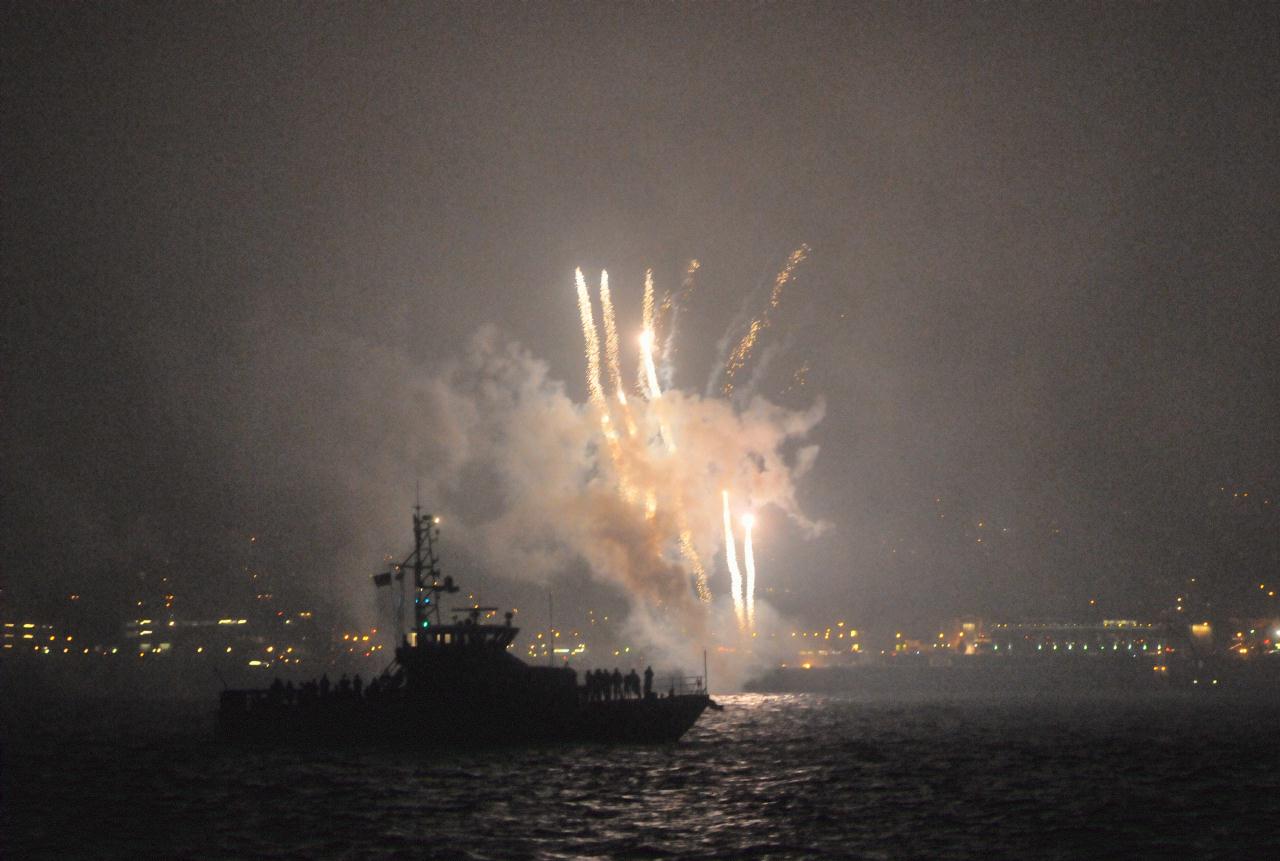 | |
|
The explosion surprised everyone on board. Danny Gloman rushed outside and found a place on the rail to lean and watch. "What blew up?" Danny asked. An older gentleman next to Danny spoke without turning his head. "Terrorists. I knew it. I just knew this day would come." Danny watched the glow fade. The smoke from the explosion blew east across the bay. "No," Danny said. "It looked more like an accident to me." The gentleman made a noise like a cough. "Terrorists, I tell you. Clear as day." "I think we should go inside and turn on the television." "Naw," said the gentleman. "I'll just stay here and watch the bodies float by." "You're a sick one," Danny said. He looked up and down the deck and noticed the rail was still crowded with folks watching. Danny turned to a woman on his other side. "What are we waiting for?" "You sound English." "I was educated in London, but I'm German." "I see," the woman said in a way that seemed to mock him. "July 4th doesn't mean anything to you. Does it?" "Oh, oh yes. Your independence day." Danny slapped his head. "I'm such a dope." "Terrorists," the gentleman behind him said. The fireworks began in ernest then. The crowd shouted and whistled and applauded. The gentleman next to Danny said, "Terrorists." Danny smiled. "This is an odd country," he muttered. "And getting odder by the minute." 4th of July Fireworks, Red and White Fleet Cruise • Photo Posted Monday, July 07, 2008 
 #BP20080707.jpg Add a comment or report a mistake
|
|
|
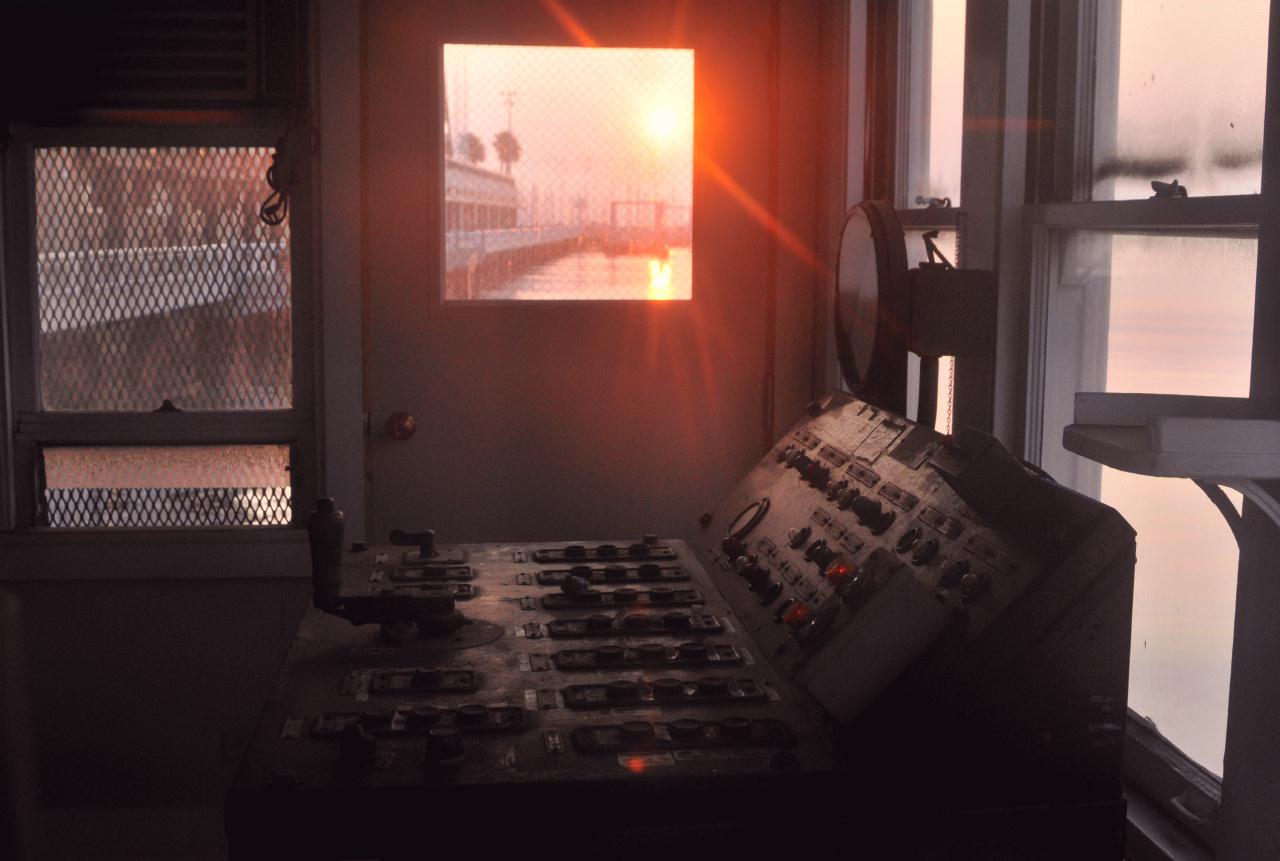 | |
|
Wopa Copa and his brother Zupa reached the south border of the island after a two day walk. Wopa gazed across the wide, deep canyon at the far side. Far below, a thin stream ran through a dry riverbed. Crops and food animals only grew in the center of the island in a place called, "Home." The rest of the island was covered in dense jungle and laid with traps of rusting metal and broken glass. That's how it was, until the drought. The jungle had died off, revealing previously hidden paths. Sixteen teams of two had been dispatched to find a way off the the island. Wopa and Zupa were one such team. "Looks deep," Wopa said. "If we had a high place we could swing across," Zupa said. They peered left and right along the canyon. "There," Wopa said. "Something tall." They had to work their way inland, then back out again to get to the tall thing. They camped part way and told each other stories around the fire. The next morning, just as the sun rose, they found the tall thing. "It's all metal," Wopa said. He craned his neck to see the top. "If we could get to the top we could swing across," Zupa said. "Nope. Won't work. How will the old folks swing across. I think we need to find something else." "Look," Zupa pointed at a little shack. They peered in the windows of the shack. A counter was filled with knobs and buttons. The little building appeared to be well built and still sealed. The inside looked dusty but intact. Zupa tried the door. The knob turned but the door felt stuck. He pulled hard. After some huffing and straining, the door opened with a whoosh. They entered the little building carefully. It was directly lit with dawn-light. The floor appeared clear but they stepped gingerly just the same. To cut one's foot on the island was to die, a lesson they learned when young. Zupa saw a big lever. It was bright red. It had a pin with a ring stuck through part of it and had a big word he couldn't read printed above it. "I'll pull this," he said. "Okay." Zupa plucked out the pin and pulled down hard on the lever. As it moved they heard rusting cables move somewhere under the ground. Huge explosions of moving metal. Beside them, the ground seemed to rise then settle leaving a cloud of dust. Then the tower over them began to move. They ran from the little house to watch. Like a falling tree the tower tipped slowly. Loud screeches and moans came from inside it. Dirt fell from it. Frightened birds fled from it. The tower took a long time to fall. Many times longer than it took a tree to fall. Zupa was the first to walk up to the base of the fallen tower. "Look," he called to Wopa. "The road now goes over the canyon." Wopa hurried to the side of his brother. "This is wonderful," he said. "Now the old people can travel too." The two brothers camped that night on a place that was not their island. They wondered how they might be rewarded. They ate a little dream-bark and slept soundly. "Did you hear a big noise last night?" Zupa asked. "No. I slept like stone." They headed back to the fallen tower to return to Home. Wopa noticed it first, "Hey. The tower is gone." Zupa ran ahead as he usually did. At the edge of the canyon he looked down. "It fell," he yelled back. Wopa stepped up beside his brother and looked too. The tower was a twisted mess at the bottom of the canyon. "I guess the old people won't get out after all," Zupa said. "I guess not," Wopa said. He scratched his head. "How are we going to get back in?" A red sun was caused by many summer fires • Photo Posted Tuesday, July 15, 2008 • (9 July 2008) San Francisco, California • © 2008 Bryan Costales 
 #BP20080715.jpg Add a comment or report a mistake
|
|
|
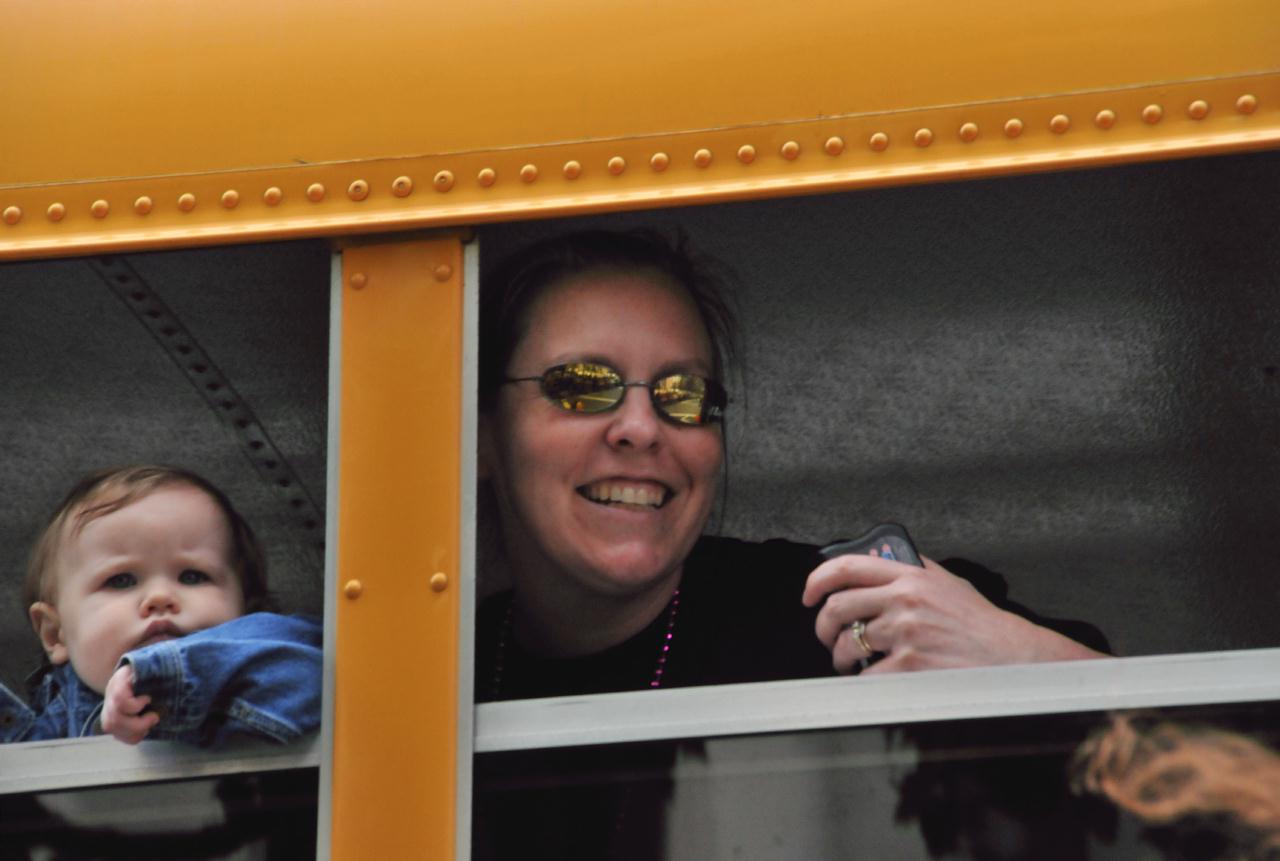 | |
|
Copyright 2008 Bryan Costales Gloria Waxman was the first on the bus with her baby girl Jill. Her town was furthest from the transfer station. Others volunteers would board, she was told, along the way. Jill had been born, as Gloria's mother had said, "The bastard child of a stranger you refuse to name." Gloria's mother had disowned her because Gloria steadfastly refused to name the father. Gloria was leaving the world. She was an early volunteer for the Earth-2 project. Another Earth, a parallel Earth, they said, but an Earth without people. A fresh start, they said, for those who would volunteer to go. Gloria didn't understand the math. She didn't understand why the trip was one-way. She could only grasp that this was her only chance at something new. A new start. So she volunteered. Gloria waved to the few well-wishers that had gathered around the bus. She held up baby Jill for them to see. Gloria looked up and down the street. Her parents were nowhere to be seen. "Goodbye Mom," she said. "Goodbye Dad." The bus started. Gloria settled Jill on the seat next to her. "It's okay, Jill," she said. "We'll be fine. I just know it." The bus rolled forward. It pulled into the street and that street led past Gloria's house. Her parent's car was in the driveway. The curtains were closed. The house looked forlornly quiet. The road led to the Interstate. Gloria gazed out the window. The miles eased past. Gloria slept through some of the trip. Jill remained well behaved. Gloria checked her cellphone every once in a while. She had no messages. The bus was full by the time they reached the transfer station. Gloria carried Jill off the bus and found herself in a huge camp surrounded by thousands and thousands of people. Many seemed friendly, a few seemed mean or unhappy. They formed into lines. Far ahead was a gate they had to pass through. Above the gate was a great sign. "Welcome," it read. "Dump all metal and electronics here." Then it listed everything you couldn't take in. As they neared the gate, Gloria felt her cell phone vibrate. She'd forgotten she was holding it. She flipped it open with her thumb and held it to her ear. "Hello?" "Gloria!" It was her Dad. "The sedative finally worked. I only have a minute. She may wake up again." "Dad?" "We love you Gloria. No matter what your mom says. Believe me. We will always love you." "I love you too Dad," Gloria said. Her vision began to cloud with tears. "Oops. Gotta go," her Dad said. He hung up. Gloria looked at the phone. She showed it to Jill. "That was your Grandpa." "All metal," said a man in a uniform. "Cellphones too." Gloria found herself at the gate. Huge garbage cans stood either side of a metal detecter, the gate through which she must walk. Gloria sighed. She tossed the cellphone into the garbage. As she stepped through the gate, Gloria thought she heard her phone vibrate. Then she became aware of many phones vibrating and ringing and playing music. All from garbage cans. All, she realized, from the past. GSANetwork, Pride Parade, Market Street • Photo Posted Friday, July 11, 2008 • (29 June 2008) San Francisco, California • © 2008 Terry Costales 
 #BP20080711.jpg Add a comment or report a mistake
|
|
|
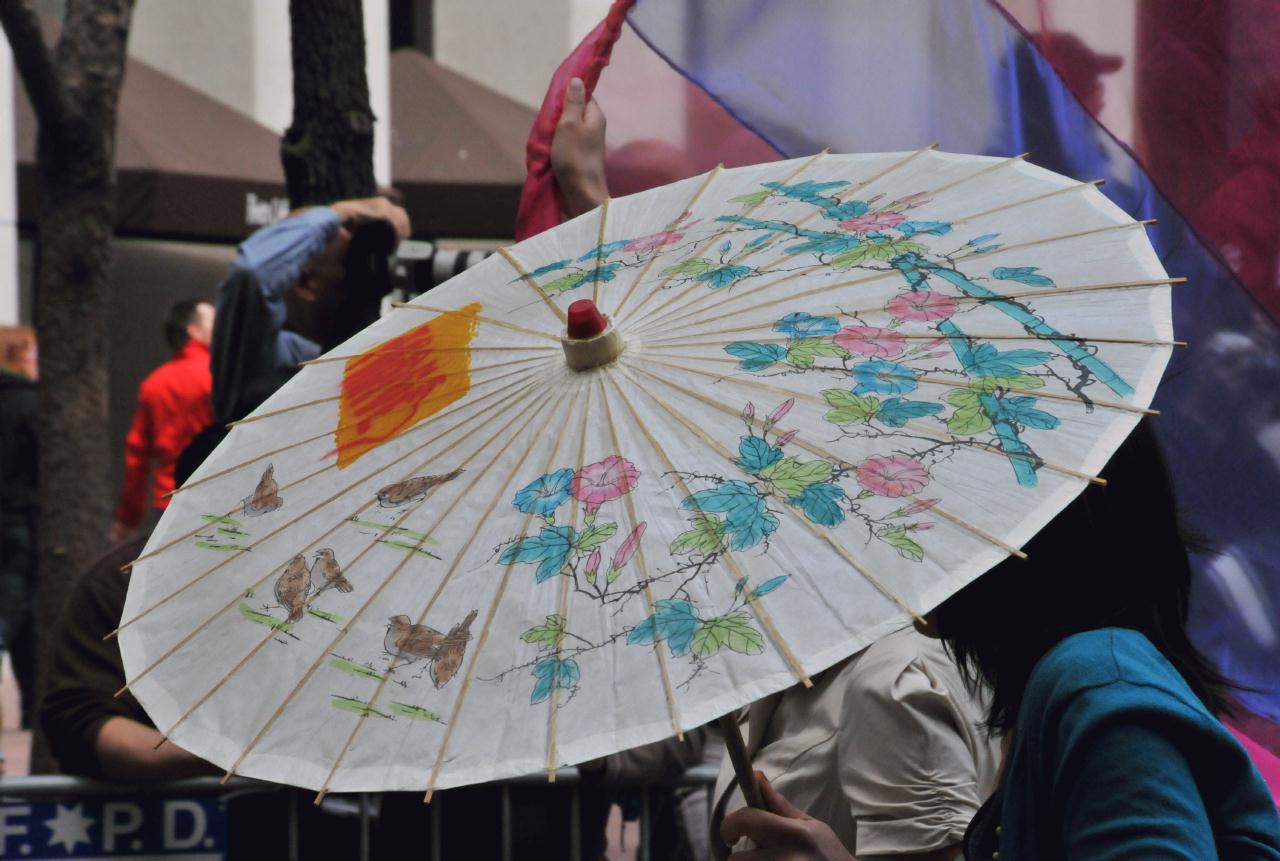 | |
|
Copyright 2008 Bryan Costales The patched parasol was Mona Blue's favorite possession, that and her big purse. The parasol was better than sunscreen in the thin atmosphere of Mars because the ever present red dust never stuck to it. Mona had worked at the southern most teraforming plant until she was let go. The new government had declared all women unqualified to work. Mona had voted for the other government but her vote lost. Suen Clear, Mona's on-again, off-again friend, sat down next to Mona on a bench in what was laughingly called a park. The bench faced a tall statue of Friend Don Angleman, founder of the town. Mona looked at Suen and saw a coating of red dust on her face. "Did you hear?" Suen asked. "They just passed a new law. Starting next month all women of child bearing age --that's us-- must have one child every other year." "I heard. I didn't vote for them." "Neither did I. But you'd think some of the old Earth-rights would stick around." "Earth rights," Mona laughed. "My parasol," she pointed up at it. "It was made in China on Earth. It's my only Earth-thing. You think it will help us? No way." "You know that big housing complex they're building out east?" "No. But I heard rumors." "Well that's were they're going to put all of us. The women I mean." "I don't like living on Mars." "Yeah. But what can we do about it?" Mona leaned close to Suen and whispered, "I have a secret." "What?" Mona looked left and right, then opened the top of her big purse. "See that?" "The block of clay?" "That's not clay." "Oh!" Mona closed her purse and sat up, her back straight. She clutched her parasol tightly and stared forward. Suen was silent for a moment. Then she asked, "You think you can use it?" Mona smiled a rueful smile. "Blow the suckers up. You bet. And me with them. It's the only way I'll ever get off Mars." Mona was overwealmed yet relieved she finally had someone to talk to. She felt a tear run down her cheek. Suen was silent again for another moment. Then she asked, "Where can I get some of that? I mean lots more. I have some other friends that feel like you do. And, well, let's all play." Pride Parade, Market Street • Photo Posted Wednesday 30 July 2008 • (29 June 2008) San Francisco, California • © 2008 Terry Costales 
 #BP20080730.jpg Add a comment or report a mistake
|
|
|
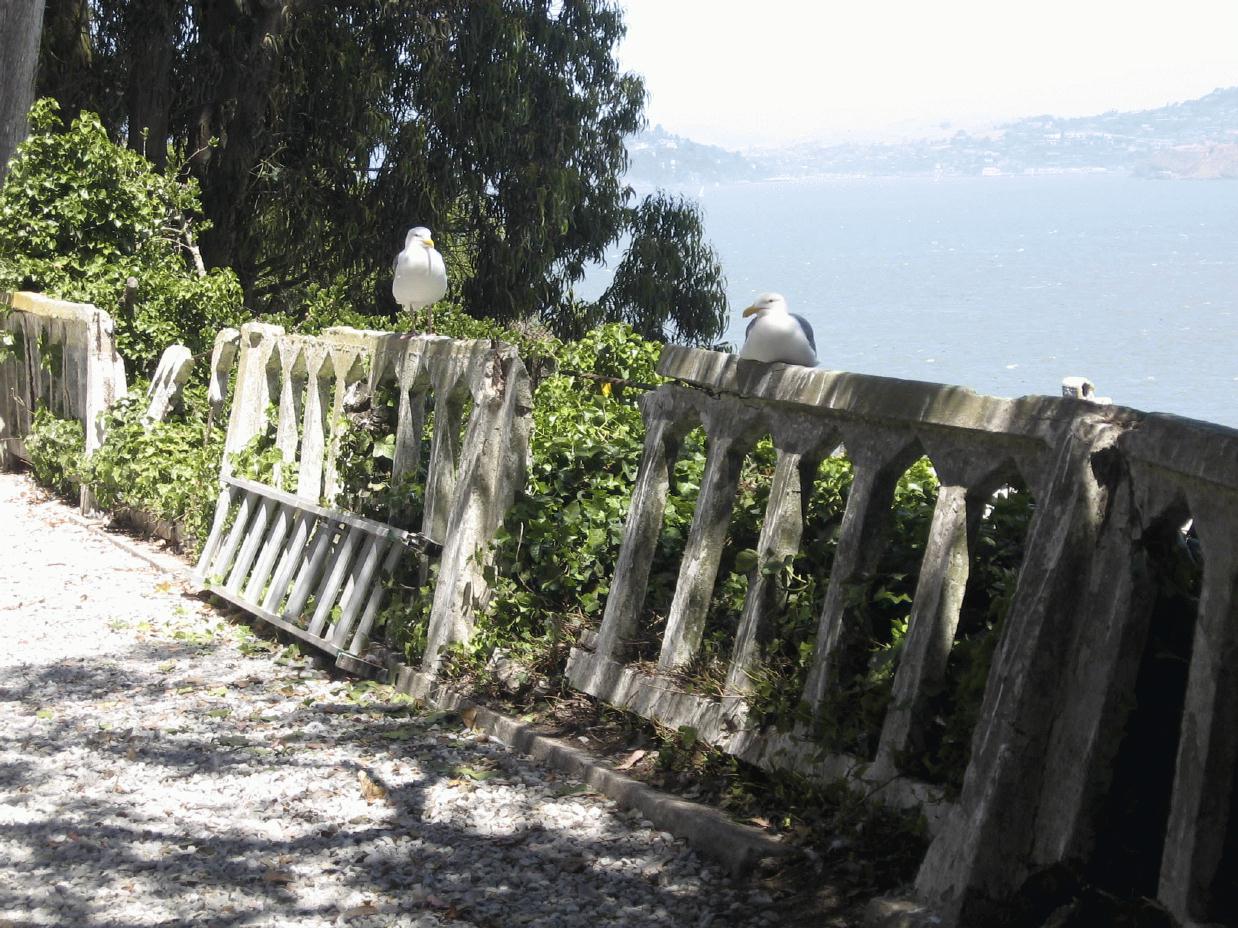 | |
|
Copyright 2008 Bryan Costales Bob the seagull --just like all seagulls-- would eat anything. Fish tasted best, of course. But bread, cardboard, and shiny bits of this and that could be tasty too. For example, just that morning Bob ate a subatomic particle. Before he ate the particle, Bob weighed about the same as any seagull. After, he weighed about the same as a Greyhound bus. Now one might think such weight would cause his thin legs to break, but the particle had other properties. One property was to surround Bob in an antigravity field. Thus, from his point of view (if a seagull can have a point of view) Bob weighed the same as always. Bob flew across the bay to Alcatraz Island. He spotted another seagull sitting on a wall rail so decided to fly down and join that seagull. Bob landed gently on the wall. But to his surprise he felt the wall settle down from under himself. Puffs of dust rose around him and he heard the loud rumble of rocks cracking. Bob heard all this and thought, "!" Like all birds, any unusual event motivates a desire to lighten so that flight might be faster. Bob heeded that common call and pooped over the rail and into the bay waters. Just like that, Bob weighed his normal weight again. He thought, "!" He looked at the other seagull who looked at him. Below they both heard a loud rumble from beneath the water. Bob took flight first, followed by the other seagull. At the same time as they hovered, looking down at the unsettled water, a fish below the water swallowed the subatomic particle. Bob said, "!" The other seagull said, "!" Then the two seagulls flew in opposite directions searching for food or shiny bits of this and that. Alcatraz Prison • Photo Posted Friday 25 July 2008 • Alcatraz Island, California • © 2008 David Graves 
 #BP20080725.jpg Add a comment or report a mistake
|
|
|
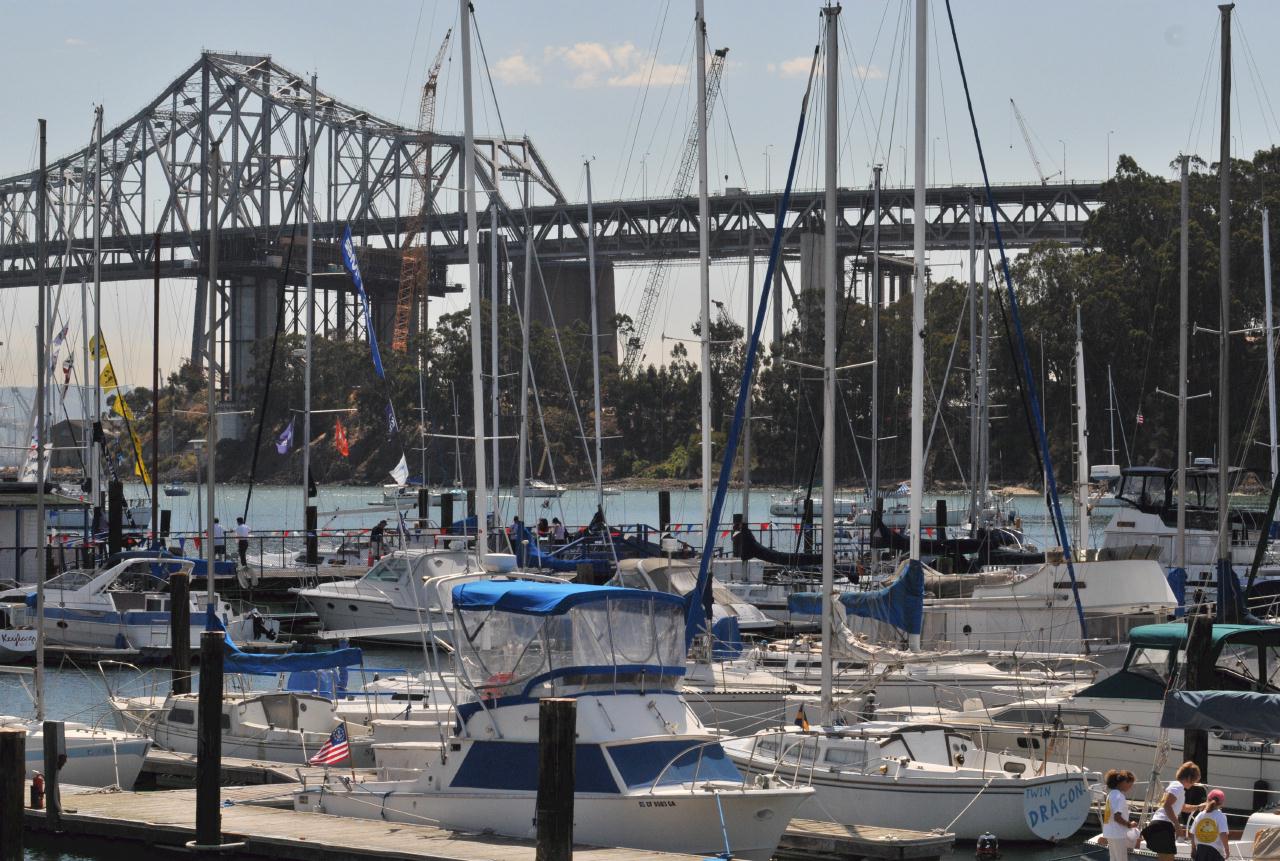 | |
|
Since the Big Quake of the month before Treasure Island was cut off from both bridges. The Oakland side collapsed totally and the new span had not been finished. Some on the island blamed the Governor for that mistake. The San Francisco side only lost a few snapped cables. They said repairs would take a month at most. So, for a while longer at least, the island had to be supplied by boat. Ben Yorgan was the older of the two twins by one and a half minutes. "I'll be captain," he called. Tom, the younger, liked to work the sails so he didn't really mind. "Okay Cap," he called. "I'll cast off." "Hey boys," their mother's voice carried to them across the marina. She waved from the top of the steps. A light breeze bent the brim of her hat. "You got room for an old lady this voyage?" Ben waved to her from where he stood by the tiller. "Welcome aboard Mom," he called. In the distance they heard sirens from San Francisco, then from Oakland too. "It's not Tuesday," Tom said. After the Big Quake, the government had finally installed earthquake warning sirens. They employed a peculiar chanting sound that was easy to recognize. They were tested every Tuesday at noon. Ben shaded his eyes with his hand and scanned the far shores. "Nope. It's Thursday." All around them the water began to ripple and dance. Boats rocked and shrouds whipped hollowly against aluminum masts. Tom watched as his mother slipped from her feet and fell to the deck. In the distance two loud bangs. "Look," Ben pointed. "More cables snapped." The shaking stopped. Their mother got to her feet and used her hat to dust herself off. She looked at them, gave a reassuring smile and a thumbs up. "Well," Tom said. "Looks like we'll be boating for a while longer." "That it does," Ben said. "That it does." Behind them, they heard a loud groan of metal, followed by a huge splash as yet another part of the old Oakland-side bridge collapsed into the bay. Summer Sailstice Festival • Photo Posted Wednesday, July 02, 2008 • (21 June 2008) Treasure Island, San Francisco Bay • © 2008 Bryan Costales 
 #BP20080702.jpg Add a comment or report a mistake
|
|
|
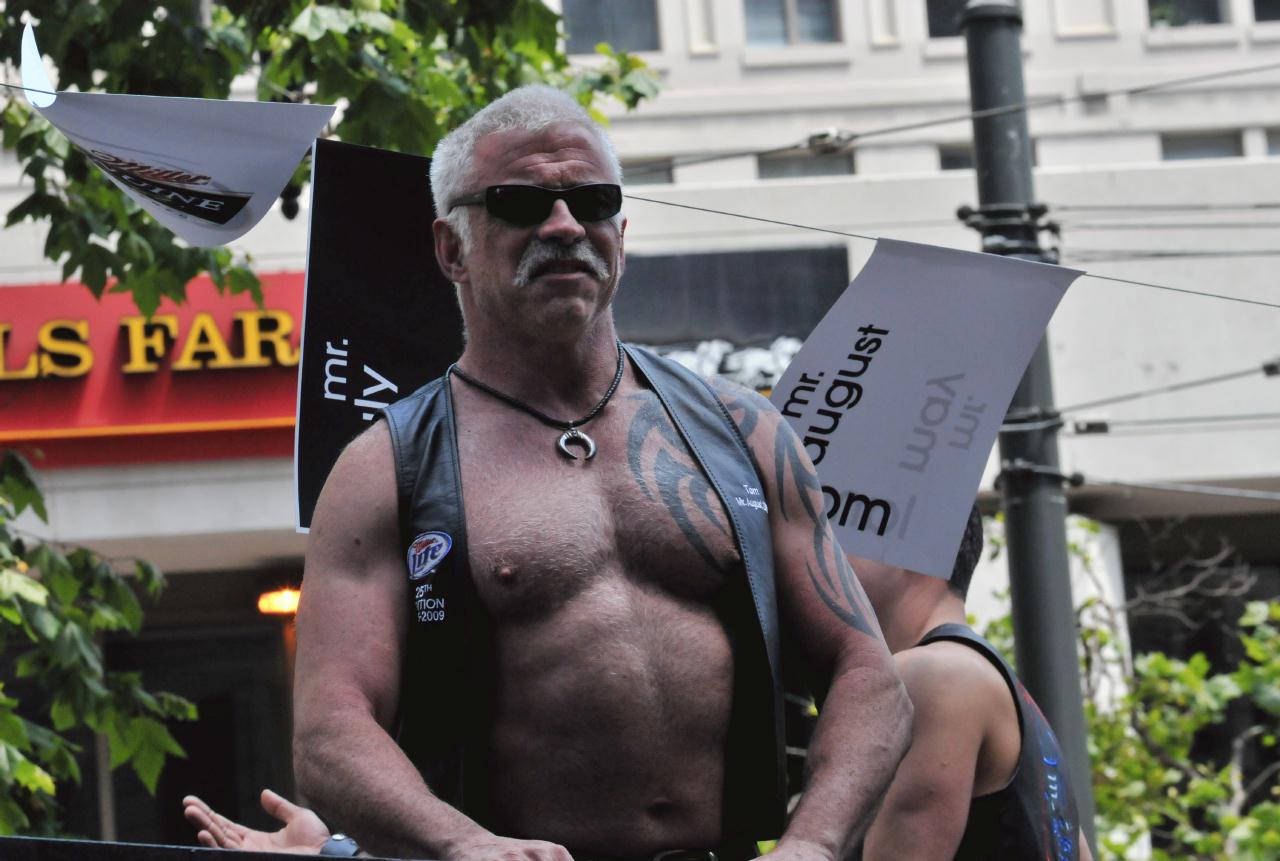 | |
|
Wendy Bergen felt her cellphone vibrate so she answered it. "Hi Lina," she said. It was her stepmother. Wendy was parked outside high school waiting to pick up her daughter, Susan. The day was hot so she sat with the engine running and the air conditioner set on high. She remembered her dad and how he liked it hot, especially after he revealed he was gay. Hot days and a gay dad, what a way to grow up. "It's uncanny how you always know it's me," Lina said. "I have your picture programmed in so your face shows up when you call." "As simple as that. You are a wonder, Wendy. But tell me, what was so important you would leave a message?" "Oh yes. I forgot I called. It's Susan. I want to give her this cellphone, but had to ask you because you gave it to me." Wendy waited. It was normal for her stepmother to stop talking for no particular reason. "You can't do that," Lina said at last. "That was your father's phone." "I know, Lina. But he died three years ago. Don't you think it time to get over him. Don't you think is time you passed the phone along?" "No I don't and I don't understand how you can ask. When I call your father I always get you. His daughter. If you gave it to Susan I'd get her instead and that just won't be the same." Wendy held the phone at arms length and looked at Lina's photo displayed on it. She yelled, "I'm not my dad!" Wendy pressed the red button and hung up the phone. The passenger door opened and Susan entered followed by a wash of hot air. "Hi mom," she said and tossed her backpack into the back seat. "Was that grandma?" "Yeah," Wendy said. "She's not ready to give up the phone yet." Susan shrugged. "I guess she still misses granddad even though he turned gay." "She has to let go sometime." Susan shrugged again and punched on music. They drove home without further discussion. Miller Beer, Pride Parade, Market Street • Photo Posted Monday, July 14, 2008 • (29 June 2008) San Francisco, California • © 2008 Bryan Costales 
 #BP20080714.jpg Add a comment or report a mistake
|
|
|
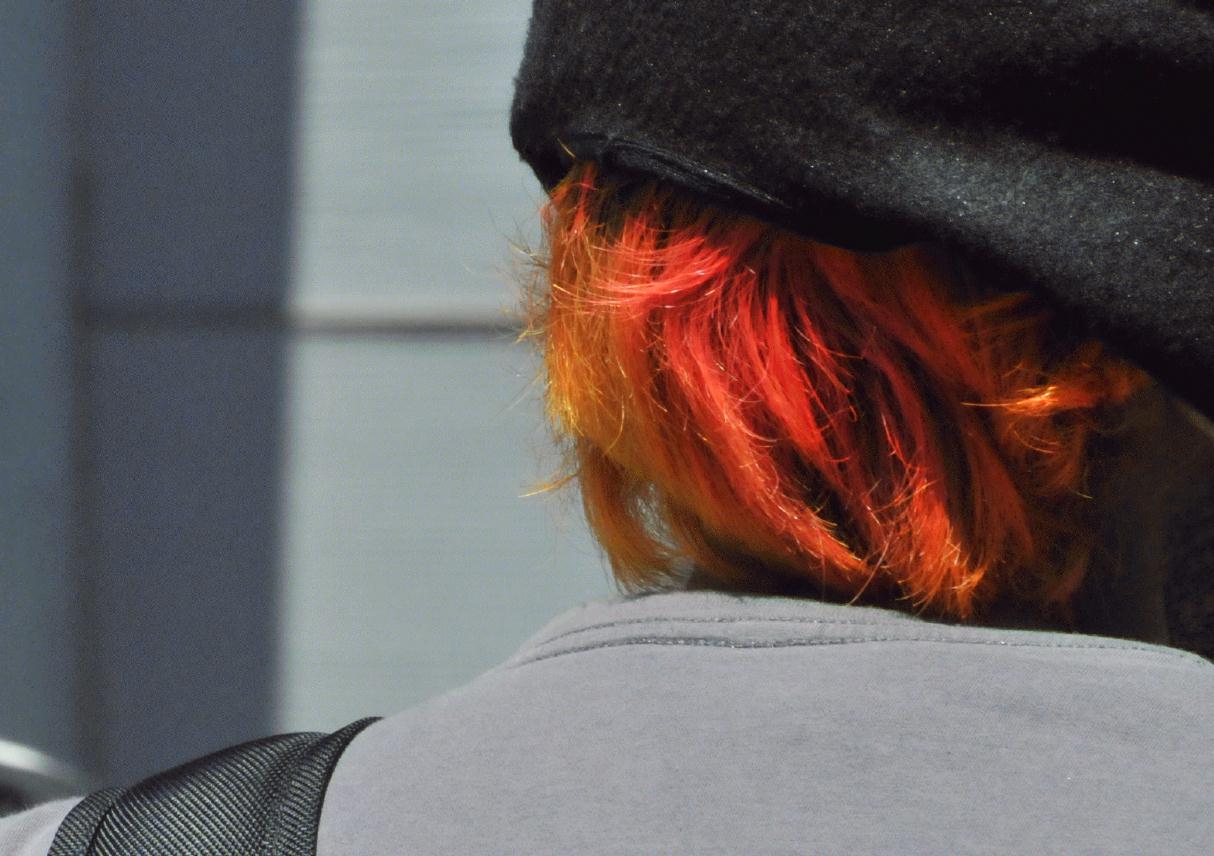 | |
|
C-child of M-Seaside toyed daily will killing herself. She would turn sixteen in a mere seven days and would be shipped off for breeding. She knew, that once gone, she would never see her friends or parents again. She waited by grey building number-AR for her friends to arrive. "A train," she said to herself. C-Child was talking to herself more these days. "Yeah. Stand on the track and wait for a speeding train." C-Child remembered a story her mother told her. It was from the days before the Insect-like Overlords arrived. Her mother told her you could point a chicken's face at a line and it would freeze in place, hypnotized. "That's me. The chicken on the railroad line." Then she remembered the Overlord's flying machines. "Won't work," she said. "They'll snatch me for sure. Way before a train could arrive." The world in which she lived was black, white, and grey. C-Child had been taught, ever since she could remember, that the overlords went crazy at the sight of color. The slightest sign of color and they would fly into a frenzy and tear you to pieces. "Color," C-Child said. "I can do that." C-Child eased the knot under her chin. At home, she wore her hair bright red. But outside, among he Overlords, she wrapped her hair in a long white scarf tucked under a grey hat. C-Child felt the scarf slip a bit. Almost at once she heard an Overlord approach. The crackle of their joints wasn't the worst. It was that they gurgled when they talked and their extreme height. "You are out of place," the Overlord's translation box said. "Move along." C-Child tried to swallow but her throat was suddenly dry. She pulled her scarf and felt it slide free. She felt it expose her bright red hair to the Overlords. "Move along." That was it. Then silence. C-child turned slowly and peeked behind herself. She was surrounded by a dozen Overlords. They all stood stock still. They all stared at her hair. "Like chickens," she said. She took off her hat. She wasn't torn to pieces. C-Child slipped carefully through the forest of Overlord legs. She looked back. They still hadn't moved. "I wonder how long they'll stay like that?" But C-Child wasn't taking any chances. She carefully re-wrapped her hair and put her hat back on, and hurried home. C-Child had, that morning, wanted to kill herself. Now she wanted to live. She touched her scarf as she walked. It was still in place. "I know a secret," she said. 'I know a secret and I'm going to tell." But she had to hurry, because in seven days she'd turn sixteen, and then it would be too late. Cacophony • Photo Posted Tuesday, July 08, 2008 • (2008) Ferry Building, San Francisco, California • © 2008 Bryan Costales 
 #BP20080708.jpg Add a comment or report a mistake
|
|
|
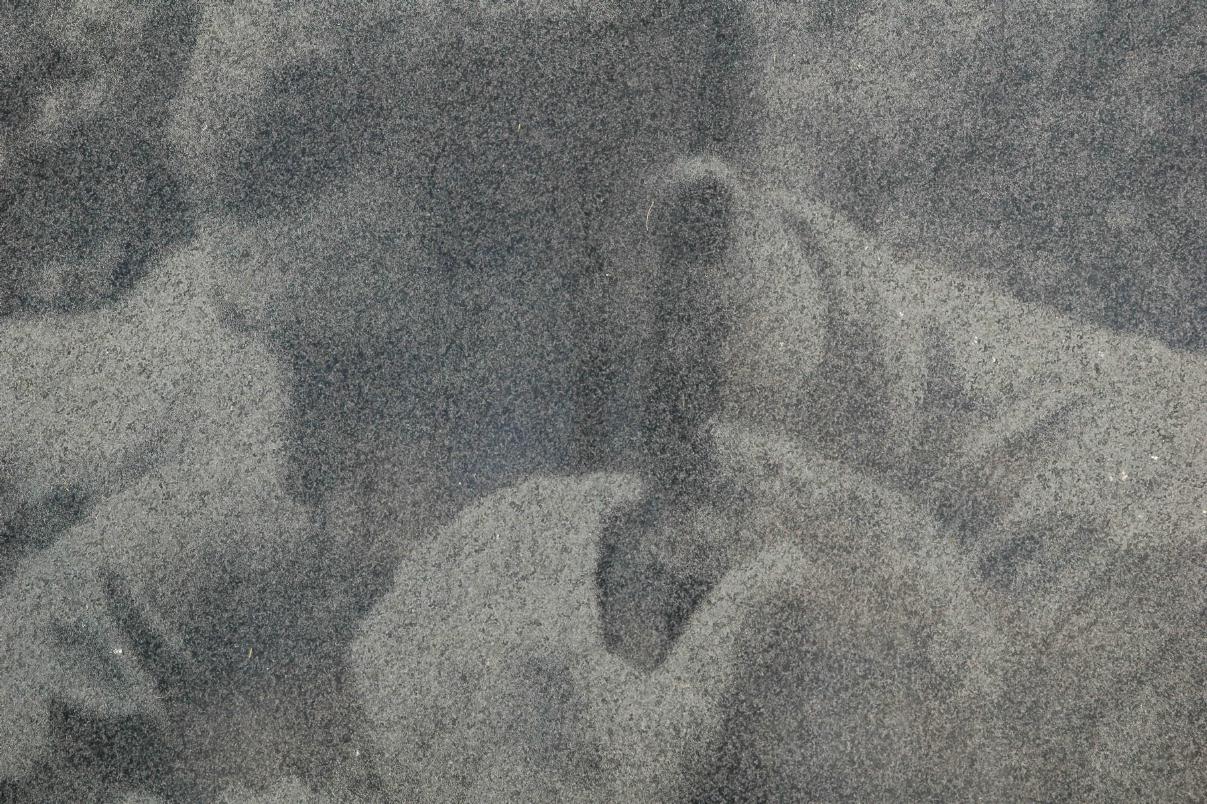 | |
|
Sue Dally celebrated her fiftieth birthday at home with her younger sister Ann. They sipped pinot noir from old crystal and thumbed through a pile of photographs on the living room carpet. "Here it is," Sue announced. She held up the picture so Ann could see it. "Mom's first lover. Signed Ben with the date 1944 on the back." Ann's glasses had slipped down on her nose so she pushed them up and took the photo from Sue. "I've seen this picture before. Someplace. Just recently." "How could you? We haven't looked through these photos since just after Mom died. That was ten years ago." Ann stood and straightened her skirt. "To the computer," she said. "To find a red hen." She laughed. "I'm tipsy." It look Ann merely five minutes to find the familiar photograph on the web. "There," she told Sue. "That monument on the capital grounds. You remember, the one they etched those old war photographs into." Sue leaned close to the screen and peered at it. She held the photo by the screen and compared it to the photo on the monument. "My god," she said. "They're the same." The two sisters looked at each other. "You think Mom made him up?" Ann asked. She took the photos and looked at the back again. "That does kind of look like her writing." Sue moved close to her sister and looked too. "You may be right. The el. The way it loops backward like that. That's the way she made her els." "Mom. You old skallywag." "Mom. You could be a strange one." "Where'd that wine go?" "Back in the living room." "This deserves a toast," Ann held the photograph high. "To our mother. The skallywag." They laughed at their mother, then cried at losing her, then went in search of the pinot noir. Photo Posted Monday 21 July 2008 • (2008) Sacramento, California • © 2008 Bryan Costales 
 #BP20080721.jpg Add a comment or report a mistake
|
|
|
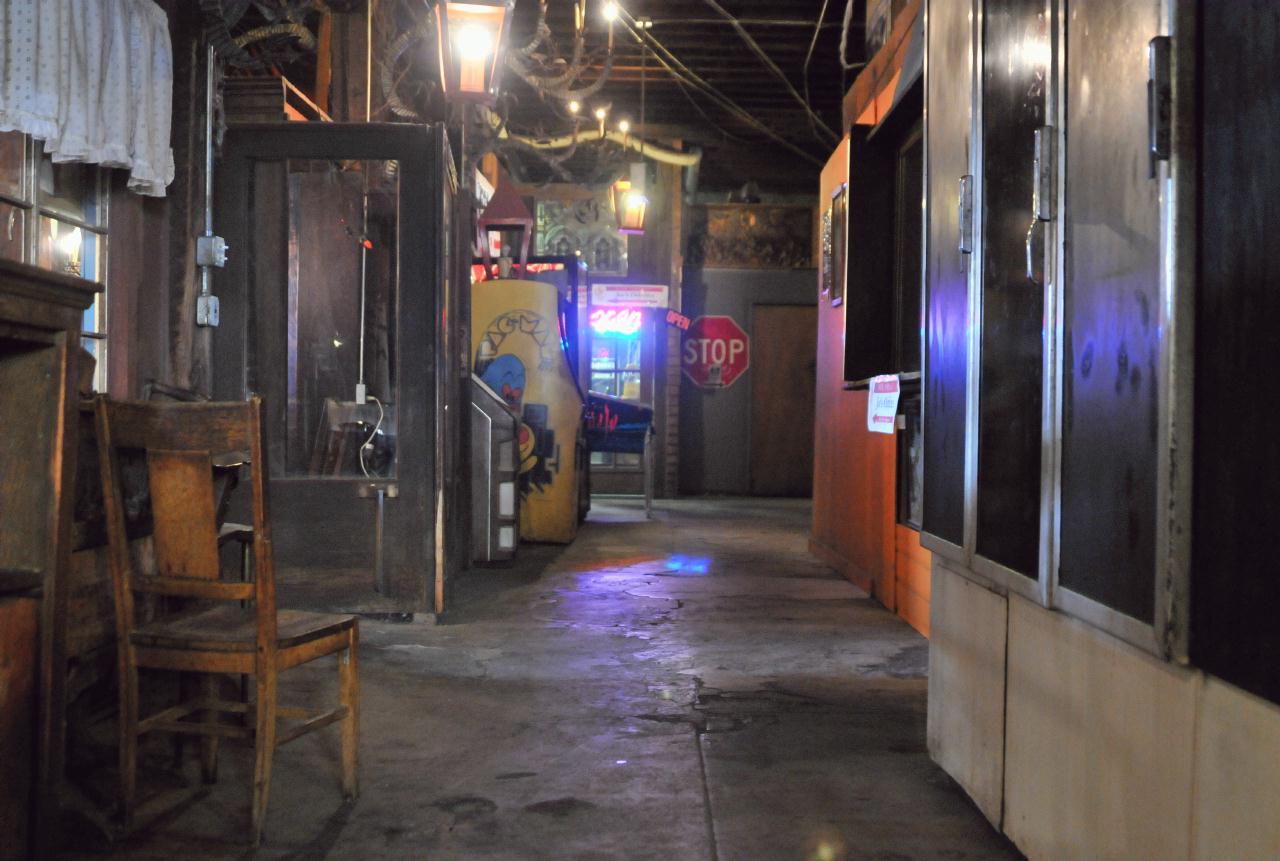 | |
|
Time meant everything to Carl Reizentour. Literally everything. Carl turned the corner, just past the kitchen and entered the corridor that led to the restrooms. That one footstep took him from a room crowed with noisy people into total silence. Carl looked at his watch, an expensive, precision timepiece. He'd spent big bucks on his watch because time meant everything to Carl. "Twelve hours," he said. "Instead of ten at night, it's now ten in the morning. Exactly." Carl had his share of doctors, of course. They all told him his skipping of time was all in his head. For a while he'd taken a powerful drug that made him dizzy and sad. Yet, even while taking it, he'd still skipped time. Carl used the restroom then came back out into the bar. Skipping time didn't seem to have any benefits. If he had to pee, he still had to pee after skipping time. If he cut himself, he still bled and hadn't healed after skipping time. Carl found that the only door out was locked from the outside. He was still a little tipsy from beer so he searched for a cooler or a refrigerator. Near the back he found the bar's stash of cold beers. He helped himself to a bottle of Kicking Mule Beer and carried it back to a table. He sat, opened the bottle and took a swallow. The noise startled Carl. He was back in a full bar. He looked at his watch. Another twelve hours. "Going someplace?" a woman sitting next to him asked. "No. Why do you ask?" "Your watch. You looked at it like you had to be someplace else." "Ah," Carl said. He didn't like striking up conversations because of his problem with time. "I may leave suddenly. You see I have a problem with time." "That's nothing," the woman said. Carl noticed she was dressed like a cowgirl. A leather vest and chaps and a beaded shirt. She lifted her glass to toast him. "I have a problem with place." "I have the time if you have the place," Carl said and laughed. He stopped laughing because he saw she was serious. "What do you mean?" "This is going to sound silly," she said. "But I sometimes skip from one place to another." She pulled a small device from her pocket and showed it to Carl. "A GPS. That way I can find out quickly where I am." Carl looked at her. She appeared serious. "What's your name?" he asked. "Mora," she said. "But its no good. I might not be here in the next second. So say your goodbyes now." "Pleased to meet you," Carl said. He set down his beer and held out his hand to shake hers. "My name is Carl." Mora smiled and took his hand. In front of Carl's eyes she began to fade. Mora began to turn transparent. Carl opened his mouth to say something, but just then he skipped time. Afterward the people in the bar were interviewed by TV News. Some said there had been a bright flash. Others said they smelled smoke. Everyone said they heard an explosion. It was just that some called it an explosion and others called it an implosion. Whatever it was, the owner of the bar called it theft. At one table, the place where everyone said there'd been an explosion, and implosion, a flash, a puff of smoke. At that one table, two chairs were missing. All that remained on the table was a half empty bottle of Kicking Mule Beer. Warehouse Cafe • Photo Posted Saturday 19 July 2008 
 #BP20080719.jpg Add a comment or report a mistake
|
|
|
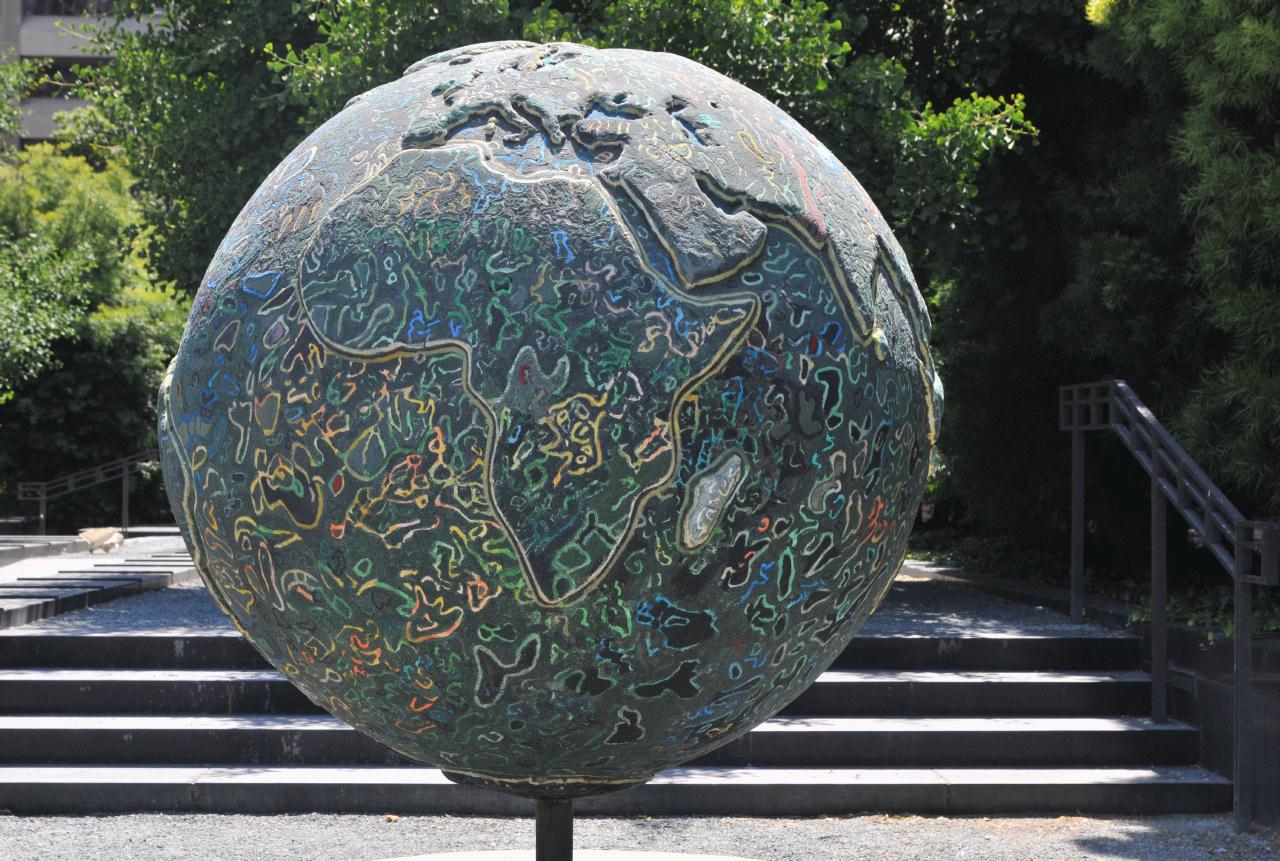 | |
|
Dan Drew knew he was in trouble when he looked at the globe of the world and he had no idea what he was looking at. "That can't be South America," he said. As he spoke he smelled his own breath and it smelled bad like burned coffee. Mere moments before, he had been a tall, handsome, over-worked account executive chatting on his Iphone and hurrying to the office. Then he had spotted the globe and his world had changed. "Are you okay," a woman in a cheap jogging outfit asked. Dan looked at her as she bounced in place. "Fine. This piece of art gave me a bit of trouble, is all." "That? That's not art, it just a globe." Dan tried to ignore the woman. He gazed at the globe. "Africa," he said. He heard a clackety-clak. "You dropped your phone." The woman picked it up and held it out for him to take. She had stopped bouncing. Dan heard the cry of parrots. He smelled seaweed from the bay. He felt the cool hush of a breeze ruffle his hair. Dan loosened his tie. He felt the sweat cooled hairs on his neck spring free. "You sure you're okay?" the woman asked again. Dan smiled. He plucked the phone from the woman's hand. "Yes. Yes fine," he said. "I just had a taste of the wild." "You acted more like you had a stroke." "No," he stood straight and tried to exude confidence. "Not a stroke. An art attack. Perhaps. An epiphany perhaps. A change yes. A stroke no." The woman shrugged. "Okay." She bounced again and jogged away. Dan put the phone to his ear. "Sorry," he said. "I dropped the phone. Where were we?" But the seed had been planted. Dan the workaholic, bitten by art, began that morning to finally plan his so-oft postponed vacation. Photo Posted Sunday 27 July 2008 • (2008) Embacadero, San Francisco, California • © 2008 Bryan Costales 
 #BP20080727.jpg Add a comment or report a mistake
|
|
|
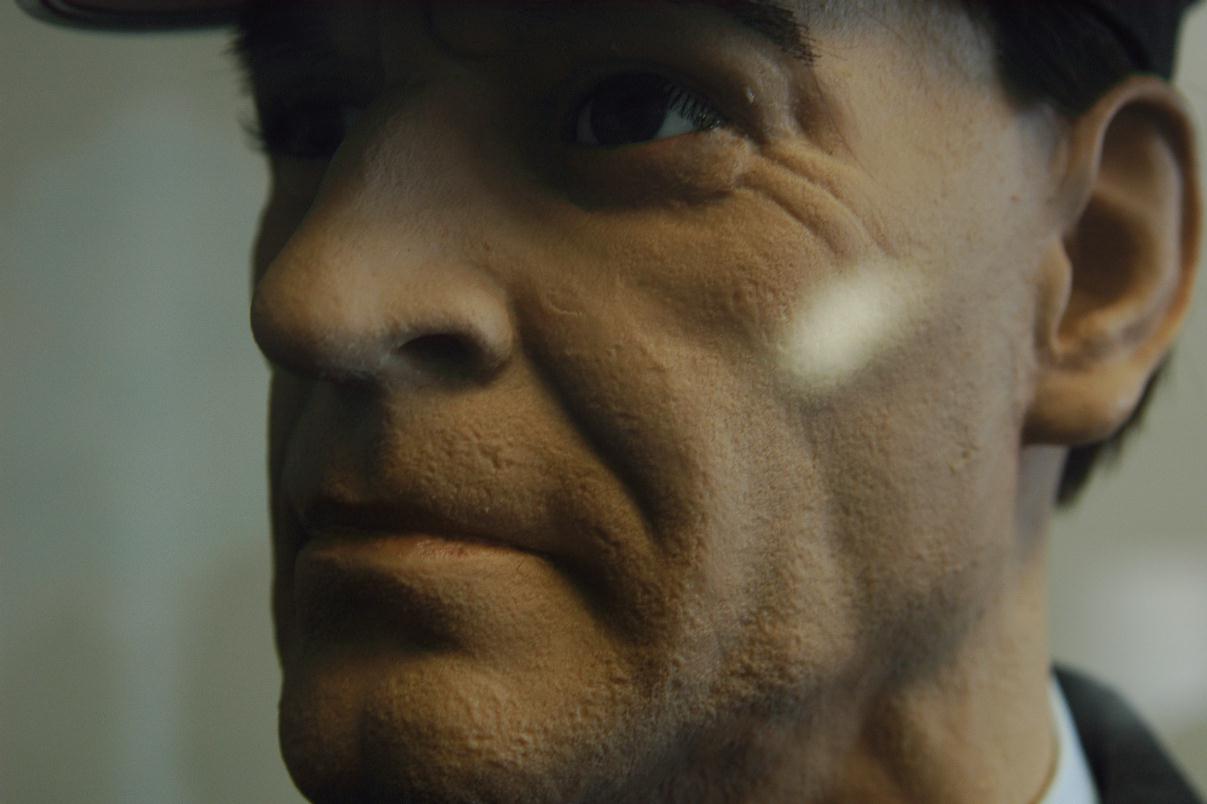 | |
|
"Mom," young Rose Tinneblu said to her mother. "What does it mean he is the last guard? Why doesn't it say this is a replica of the last guard?" Donna Tinneblu leaned over the label and read it. "That's right. I remember reading about him in school." "What's it mean?" "I don't know how much they teach about prisons in school these days..." "Nothing. Zip." "I remember learning, when I was your age, that they started using robots near the end." "So this is the actual robot?" "Probably not. I remember learning that robots were horribly expensive and only worked marginally better than humans." "So they cost so much they wouldn't put one on display?" "I don't know. Let's ask a guide." Donna waved a tour guide over. "Can I help you madam?" Rose spoke first. "Is this the actual robot?" "Yes it is. After the model B robots were created, the model A's lost all their value. This one was turned off and put on display." Donna thought about that then asked, "When they shut down all the prisons, what happened to all the robots?" "The model A's were all recycled. The Model B's, like me, were turned into tour guides." Rose looked up at him. "You're nice. I hope they don't put you in a box." "That's very nice of you, young lady. Thank you." After the guide moved out of earshot, Rose asked, "What are we mom?" "Why we're model H of course. And don't worry," Donna patter Rose on the shoulder. "The model B will end up in a box long before we will." Alcatraz Prison • Photo Posted Thurdsay 24 July 2008 • (2008) Alcatraz Island, California • © 2008 Bryan Costales 
 #BP20080724.jpg Add a comment or report a mistake
|
|
|
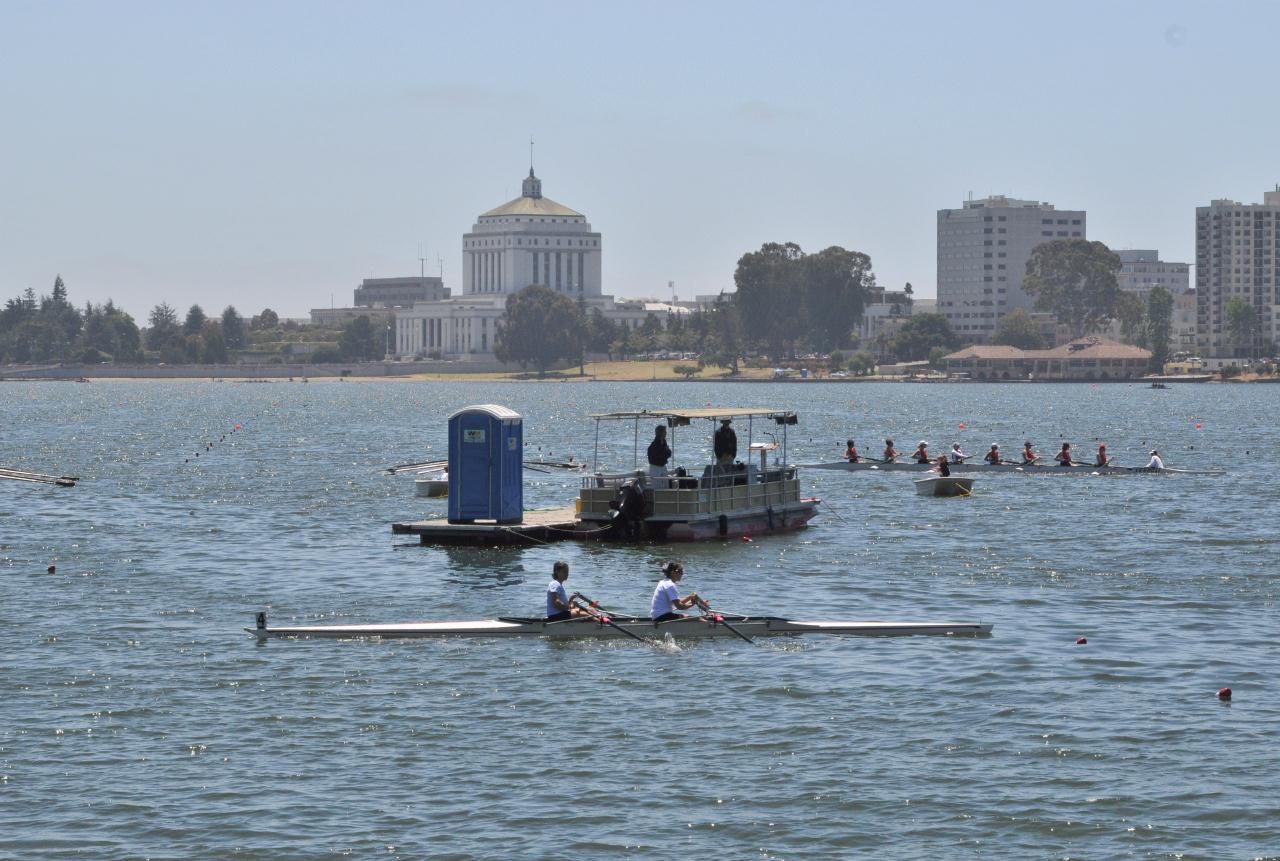 | |
|
Kenny Whips had one of those leaky pipes they talked about in the commercials on television. When he had to pee, that was it, period. He had to pee right now. Kenny had avoided drinking anything at all for the four hours leading up to the boat race. Sure he'd get dehydrated. But he didn't care, because he wouldn't have to pee. He and his friend Tony Fabuse were a rowing team. The idled near the start waiting for their heat to come up. "I hate to say this," Kenny said. Tony was aware of Kenny's problem. "No. No. Don't you dare." "Sorry, man. I gotta pee." Tony pointed at the judging float. It had one of those blue plastic porta-potties on the back. They paddled over. "Hey," Tony yelled. "My buddy here has a medical problem and has to pee. Let us use your porta potty." "No, sorry. You gotta go back to the boat launch and use the restrooms there. This is for the judges only." "Kripes!" Kenny yelled. "I gotta pee." Tony was an attorney by trade so he tried to play the disability card. "Look, my friend here has a disability. He can't help when he needs to pee. You have to let him use the porta potty. Or you might be liable for a suit." "Look," one of the judges stepped out into the sunlight and crossed his arms. "You aren't getting up here. Period. You could be Melvin Belli himself and I wouldn't let you up here." Tony frowned. "Who?" Kenny said, "Tony?" Tony looked at his friend. "You didn't." "I did." Tony looked at the judge. "Never mind." Segway tour around Lake Merritt • Photo Posted Tuesday, July 01, 2008 
 #BP20080701.jpg Add a comment or report a mistake
|
|
|
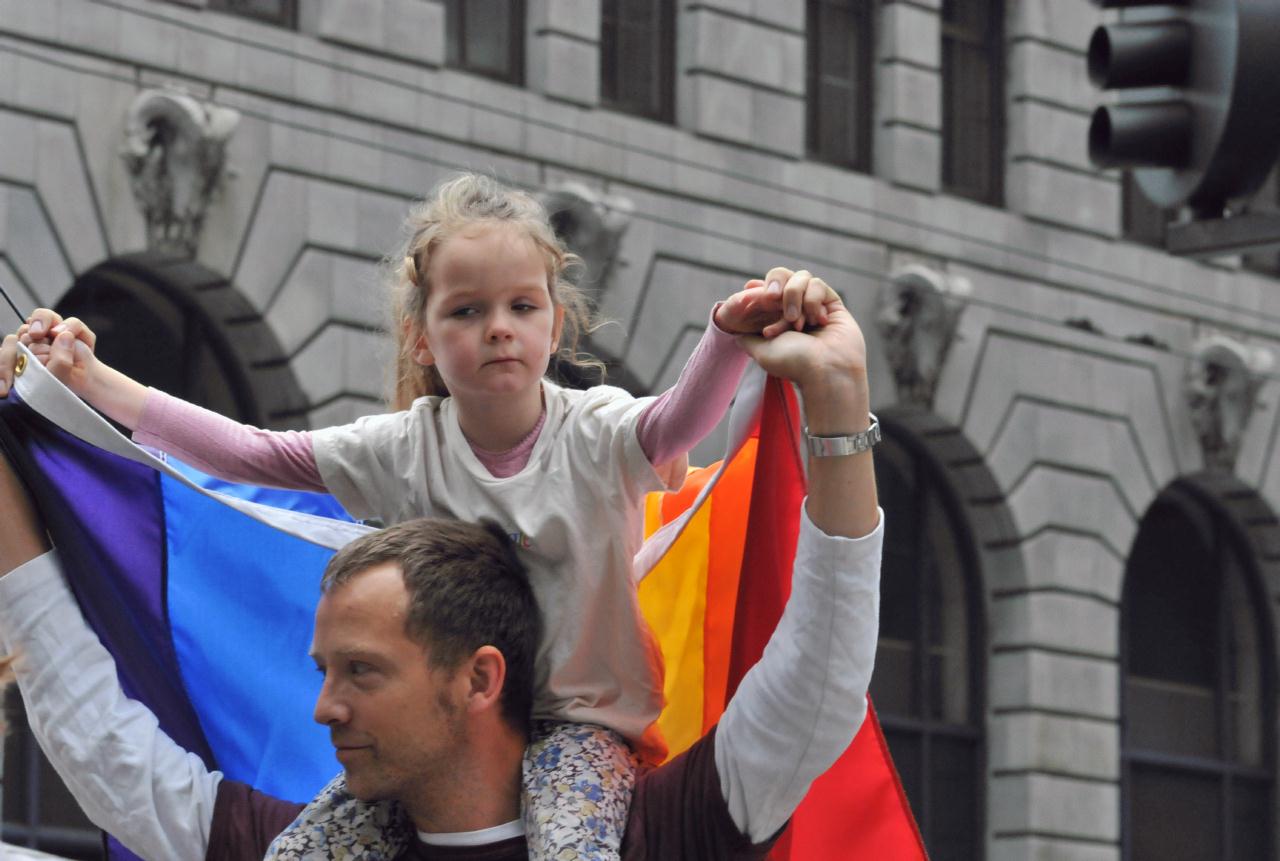 | |
|
Diane Fressie shared a lunch with her good friend Wendy. The afternoon might have been too warm, but the patio behind the restaurant was shaded by mature trees. "I remember that last fun morning riding on Dan Dad's shoulders. I was just a little girl then, a mere child. But I felt in that moment. Well. I felt just as if I might be able to fly." "Why did you say it that way?" "What do you mean?" "You said 'as if I might be able to fly.' You didn't say, 'I could fly,' and you didn't say you, 'I was flying.'" Diane picked up the last bit of her sandwich and took a modest bite. She chewed and swallowed, then sipped a bit of green iced tea to insure no food had stuck to her teeth. She took this time to remember. "That was the last time I ever had fun like that with Dan Dad. He wobbled as he walked and that made me giggle. As we neared Stacys at New Montgomery he handed me to Bobby Dad. Then Dan Dad said he had to find some place to sit down." "I'm so sorry. I remember the funeral." "Bobby Dad stopped being fun after Dan Dad died. It was like a little candle blew out behind his eyes." "Where is he now?" "Miami Beach in Florida. I talked to him last night and he's doing fine. He said he met a fellow and they're thinking about marriage." "Thats good. I'm really happy for him." "But to your question. Why did I say I feel as if I might be able to fly? I think I know now. I mean I never wondered about it until you asked, but I think I see now." "Do tell." "It was the wobbling because he was sick. I remember I held a rainbow flag. It must have felt like a cape or maybe wings. I remember riding high and swooping. I wanted to be happy. I wanted to fly. But the wobbling felt wrong. Even to me then, a child on his shoulders. Do you see. I wanted to fly, but the wobble was wrong." Wendy placed her hand over Diane's on the table. "I understand," she said. "I understand." Our Family Coalition, Pride Parade • Photo Posted Thursday, July 10, 2008 • (29 June 2008) Market Street, San Francisco • © 2008 Bryan Costales 
 #BP20080710.jpg Add a comment or report a mistake
|
|
|
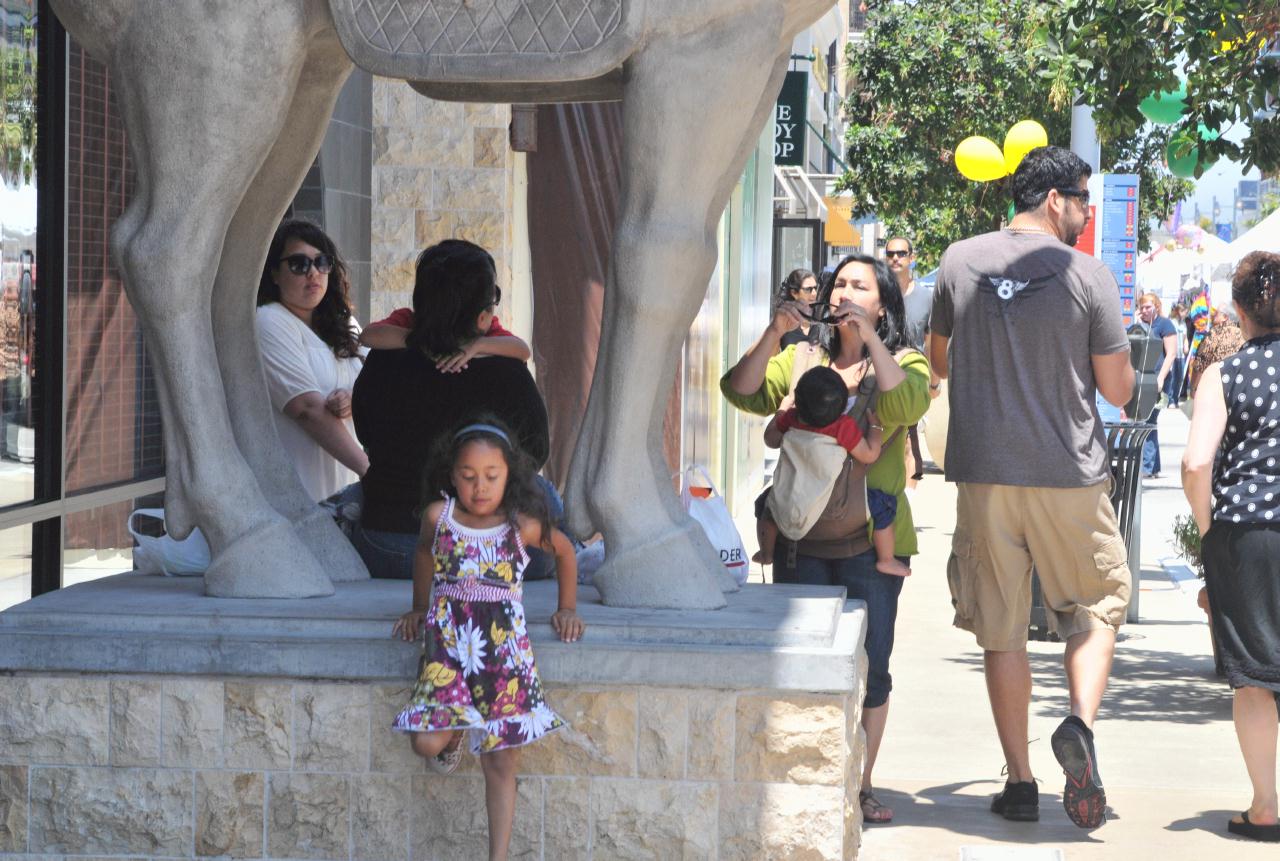 | |
|
Jenny Sekliff was a young girl with an aggravating family. Over her young years she built a protective wall around her mind. It was constructed from butterflies and candy, and populated with dancing unicorns and pink teddy bears. Jenny was born accidently twenty-eight years after her sister, Paula. In the same year Paula's daughter Jane was born. Jenny and Jane were raised together until Paula moved Jane to Chicago chasing a man. "I like this cement horse," Jenny said. "It's pretty." Jenny's Uncle Barry wore a straw hat, and aviator glasses over a Hawaiian shirt, shorts and sandals. Uncle Barry was a pain. "Not cement," he told her. "Cement holds aggregate together. Mortar is cement. When aggregate and cement are mixed, like we have here in this horse, it's called concrete." Jenny pictured a teddy bear working a hula hoop. She shaded her eyes with her hand and looked at her uncle. "Anyway I like it. It's cool." Jenny's Step-dad was a goofus. His shaved head was starting to sunburn. He was a Dead-Head and wore one of his many collected Grateful Dead t-shirts stretched tight over his beer belly. "Do you mean cool cold? Or cool like keen?" Jenny felt her Mom lean close and whisper, "A mind is a terrible thing to waste." Jenny laughed, not because of her Mom's remark, but because the teddy bear dropped the hula hoop. Jenny's phone sang at her. It was her niece. "Hi Jane." Jenny got up and walked just far enough from her family to have a bit of privacy. Jane sounded unhappy. "I hate my new Dad. He wants to put me in a private school full of snooty kids. I try to tell him I'm not that smart, but he won't listen. If I get put in a private school, I'll just die." "No you won't." "Won't what." "You won't die, not just because you're in private school" Jenny noticed her Mom waving at her. "I gotta go. We're going to eat lunch now." Jane said goodbye and they both hung up. Jenny followed her folks into the restaurant. She imagined the teddy bear looking for the hula hoop. It would take weeks. But that afternoon Jenny had thought her first adult thought. She had given her niece good advice. Like the tide coming in, her first adult thought began to erode her wall. Her Mom took her hand and led her past tables. In her mind Jenny saw a teddy bear and, to her surprise, it held a starfish in its hand. Bay Street Festival • Photo Posted Tuesday 22 July 2008 • (19 July 2008) Bay Street, Emeryville, California • © 2008 Bryan Costales 
 #BP20080722.jpg Add a comment or report a mistake
|
|
|
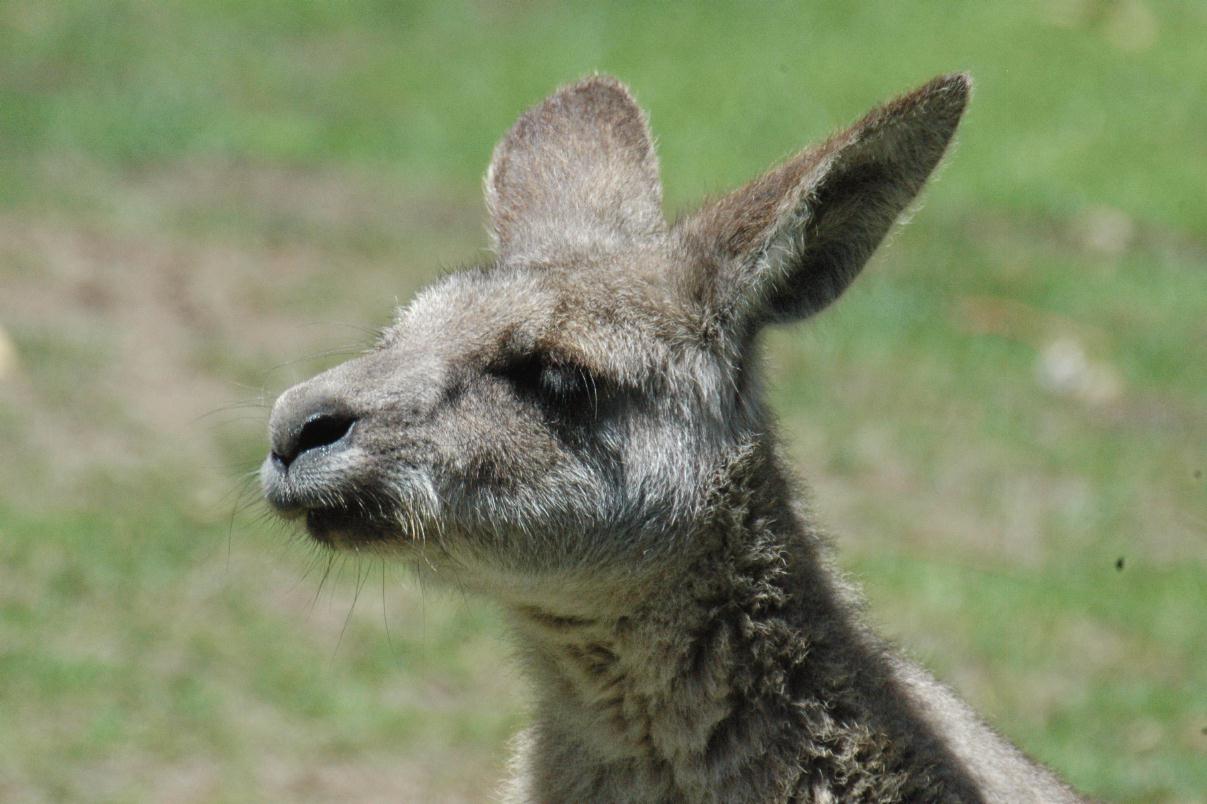 | |
|
Copyright 2008 Bryan Costales "What do you suppose it smells?" Deb Maximillian asked really-old mother. "Money, or a bad day at the races." Deb's mother, Fran, was in her high ninties and in one of those motorized wheelchairs one could rent at the Zoo. At the back where one could push, if one was that stupid, was a cup holder where Deb had placed her iced coffee. "Fran." Deb always called her mother by her first name. "Why can't you give a staight answer even at the zoo?" "I did. It smells a limited future. It smells dying alone. It smells food going bad in the fridge." "No it doesn't. That's what you smell." "I can't smell worth a crap. It's the kangaroo. It's smells my future." "But it's just an animal. Animals can't smell the future of people." "Okay. What do you think it smells?" "Food." "You're dull." And with that, her mother turned the wheelchair and sped away toward the next exhibit. "Hey," Deb called after her. "You have my coffee." San Francisco Zoo • Photo Posted Sunday, July 06, 2008 • (7 June 2008) 1 Zoo Lane, San Francisco, California • © 2008 Terry Costales 
 #BP20080706.jpg Add a comment or report a mistake
|
|
|
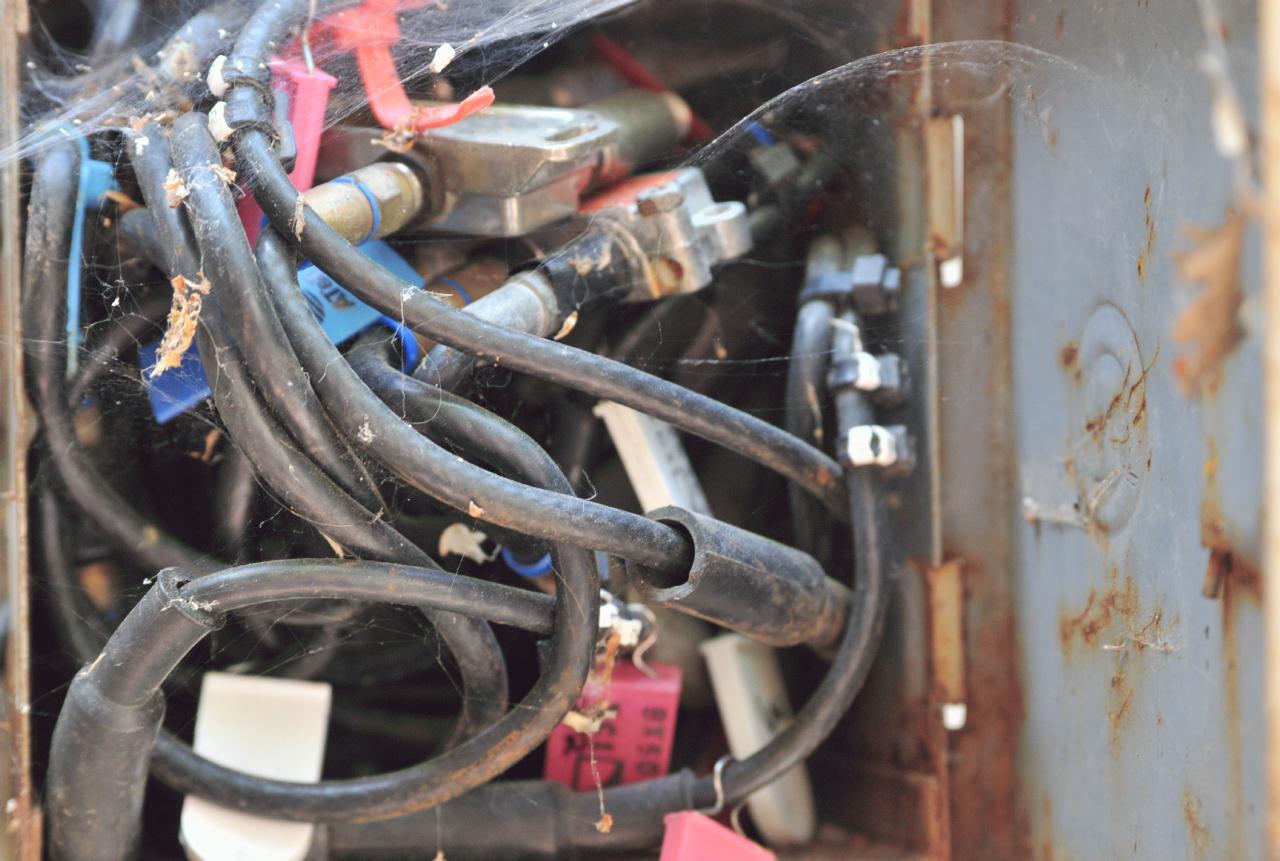 | |
|
Old Ezra Clappit was reading Moby Dick for the third time when even older Mia Tankerski leaned her head into his room and said, "My TV stopped working." Ezra followed her to her room and saw she was correct. He left her with a promise to fix the TV. Ezra found one shoe under the bed and the other in the bathroom. Luckily he'd left a sock in each so he didn't have to search for socks. His clothes felt unfamiliar and a bit baggy. Ezra hadn't been outside in a while and wondered what the weather might be like. Ezra walked down the long hall, past many empty rooms. He noticed in one room Emma Fitt was curled under her covers. She moved like she was weeping. A crawl of "No Signal" across her TV screen reminded him of that Pong game long ago. Outside the weather was pleasantly cool but the air smelled like snow. Ezra made his way to the side of the building where the utilities came in. There he found a box of cable TV cables in a tangle. Before he could fix anything he had to straighten out the mess so he started unplugging and re-plugging and moving cables. "It's no good," a gruff old voice wheezed next to him. Ezra looked up and found Bill Allens, his friend, standing next to him. Bill was dressed too. "What do you mean?" "It's not the wires. The TV signal finally stopped. It's been on for two weeks. I was beginning to wonder why it hadn't already stopped." Ezra thought about that and remembered. "Oh yeah." Bill poked Ezra with a bony knuckle. "You remember when all the care givers left?" Ezra thought again. "Yeah. And all the really old ones died." "Well it's like that." "What do you mean?" Bill poked Ezra again. "Remember how so many lost hope and died? Well it's like that again. Their TV stopped so a bunch will lose hope and die again." Ezra thought about that. "Does that mean we need to bury them again?" Bill poked Ezra a third time. "That's okay, you can drive the backhoe this time. It's your turn." "I don't watch TV," Ezra said. "I read. I'm reading Moby Dick again." Bill moved to poke Ezra again, but Ezra flinched so Bill stopped. Instead Bill rubbed his thin beard. "That's nice," he said at last. "That will save you from the loss of the TV but it won't save you from the next thing." "What's that?" "Food," Bill told him. "The next thing to go will be food." "I can't read food," Ezra said and immediately felt foolish for saying it. "No you can't," Bill shook his head sadly at him. "You most definitely can't read food." Photo Posted Monday 28 July 2008 • (20 July 2008) Port Costa, California • © 2008 Bryan Costales 
 #BP20080728.jpg Add a comment or report a mistake
|
|
 |
| home • contact • topic guide • top 25 • photos • video • writing • blogs • upload • terms • privacy |